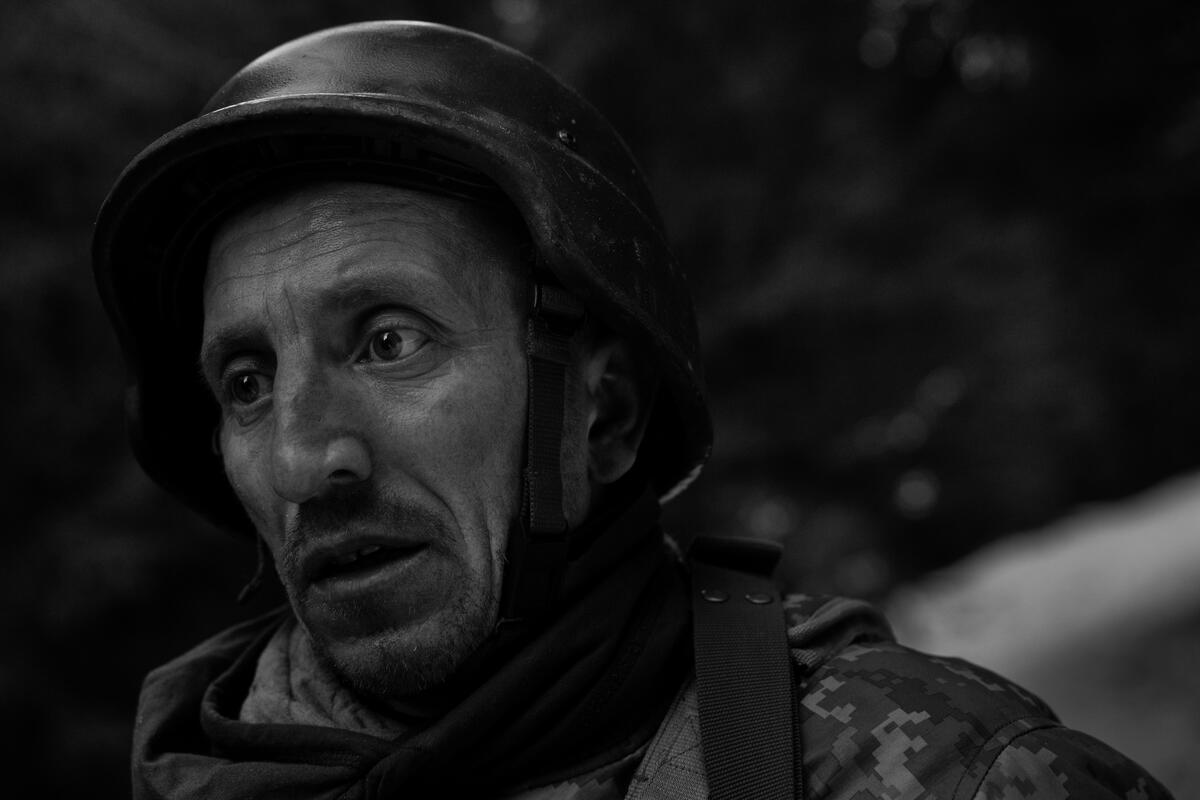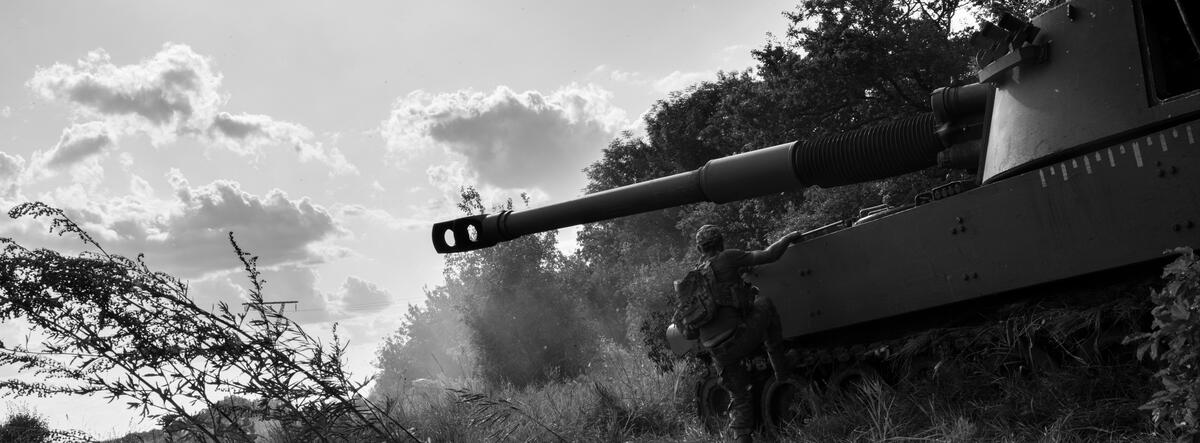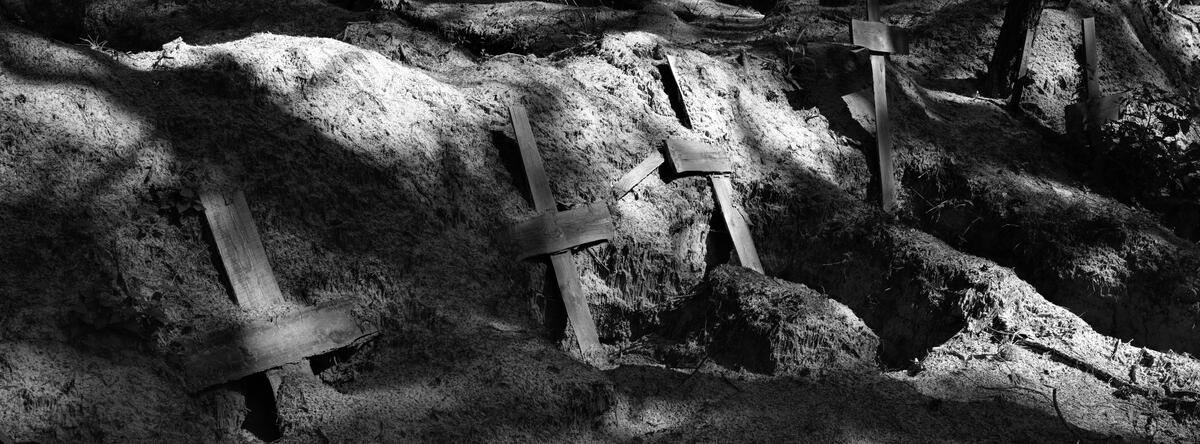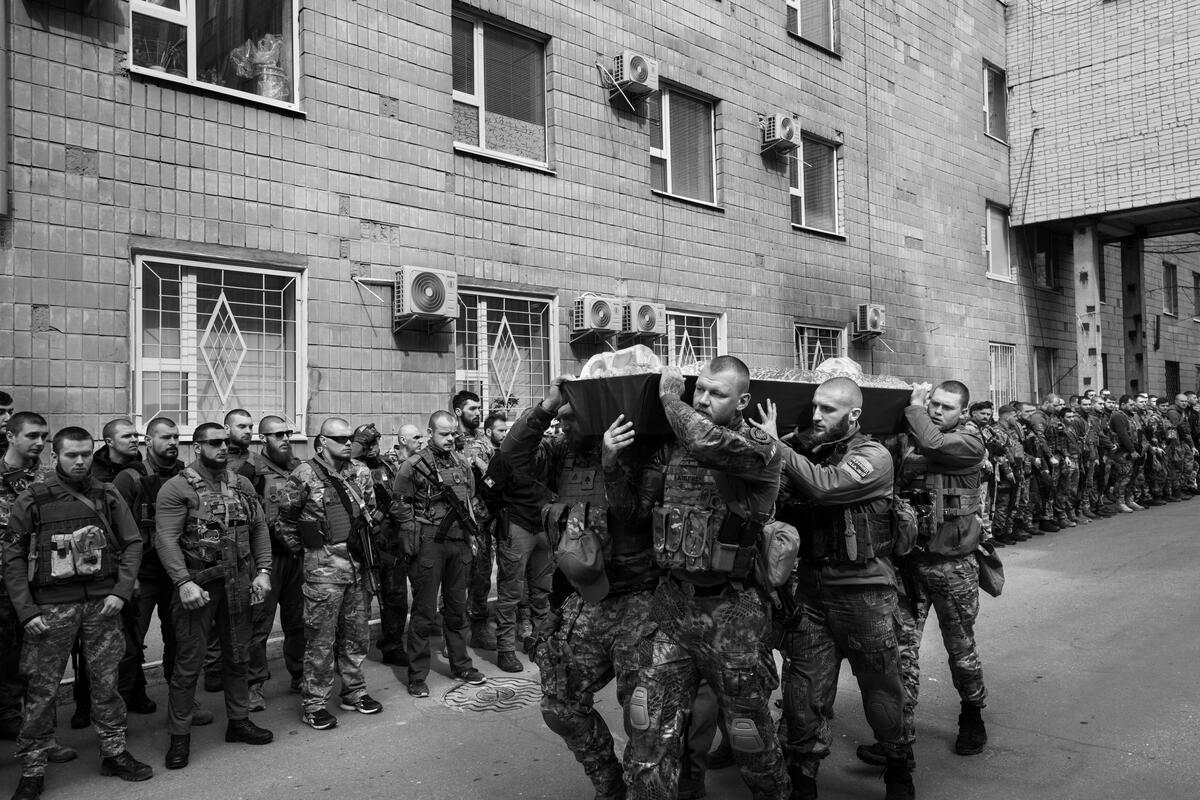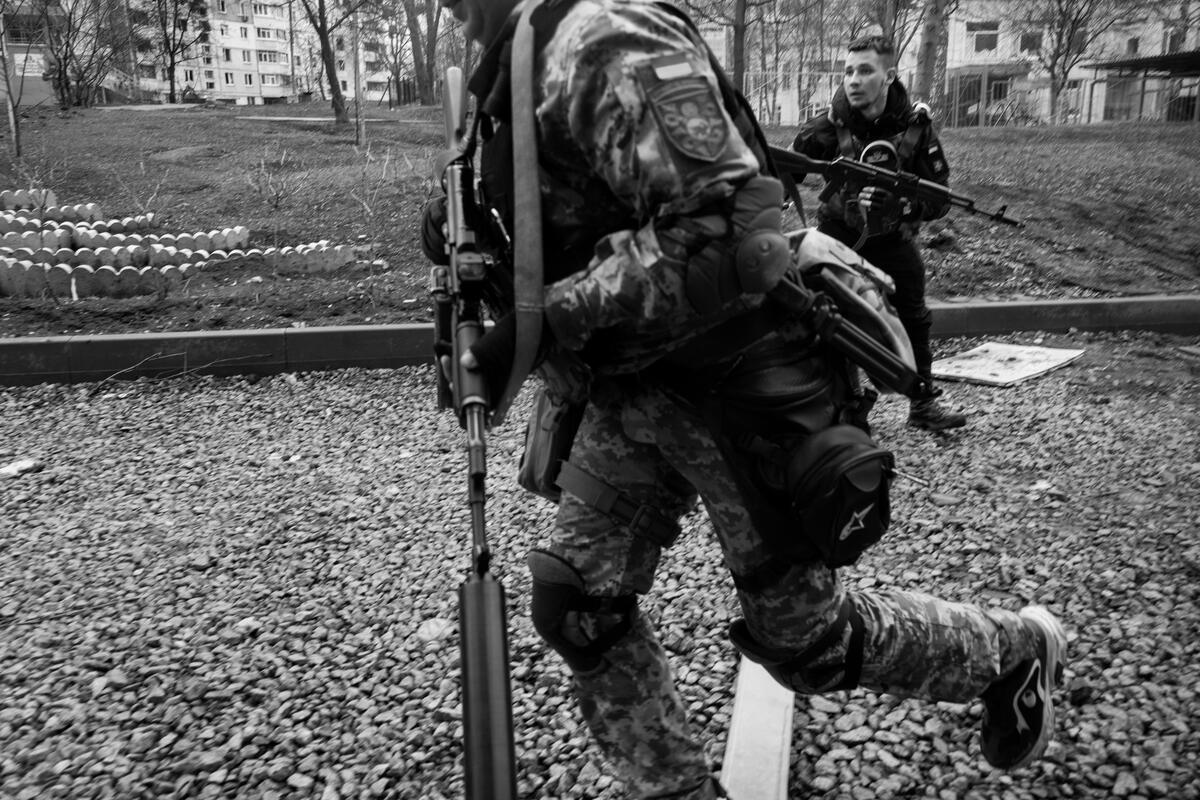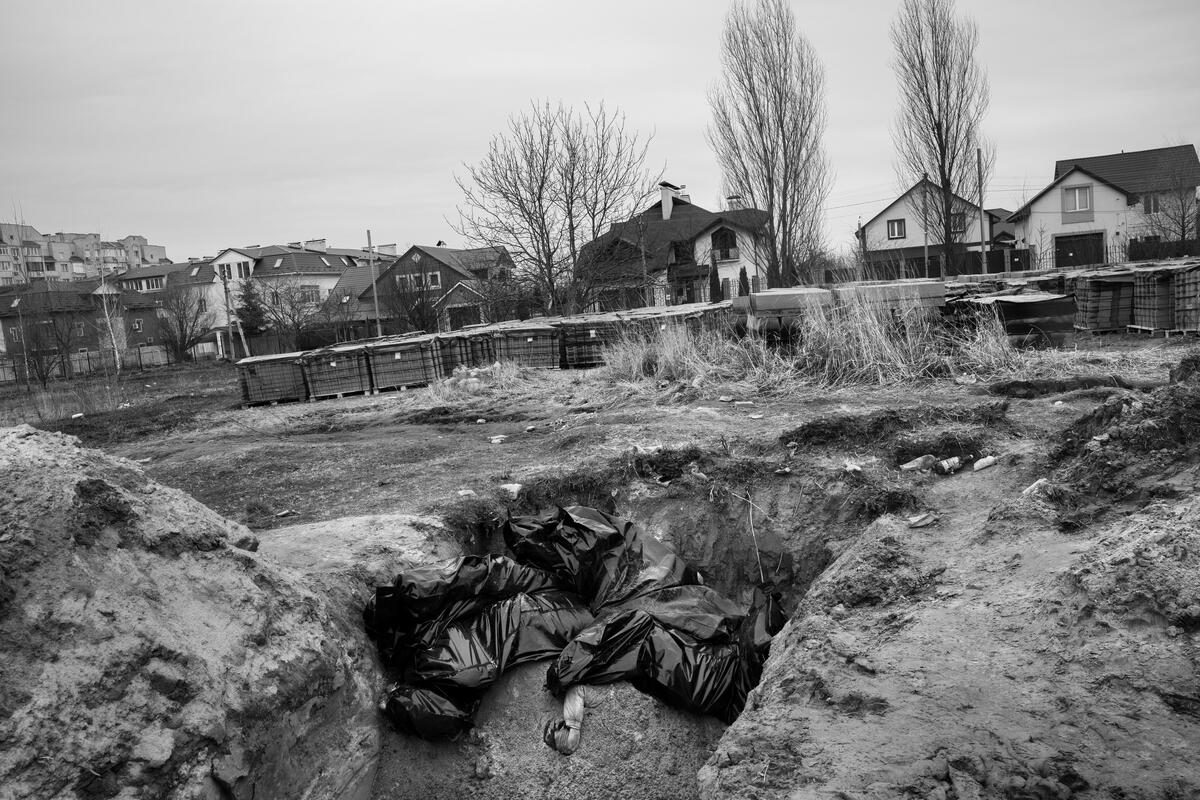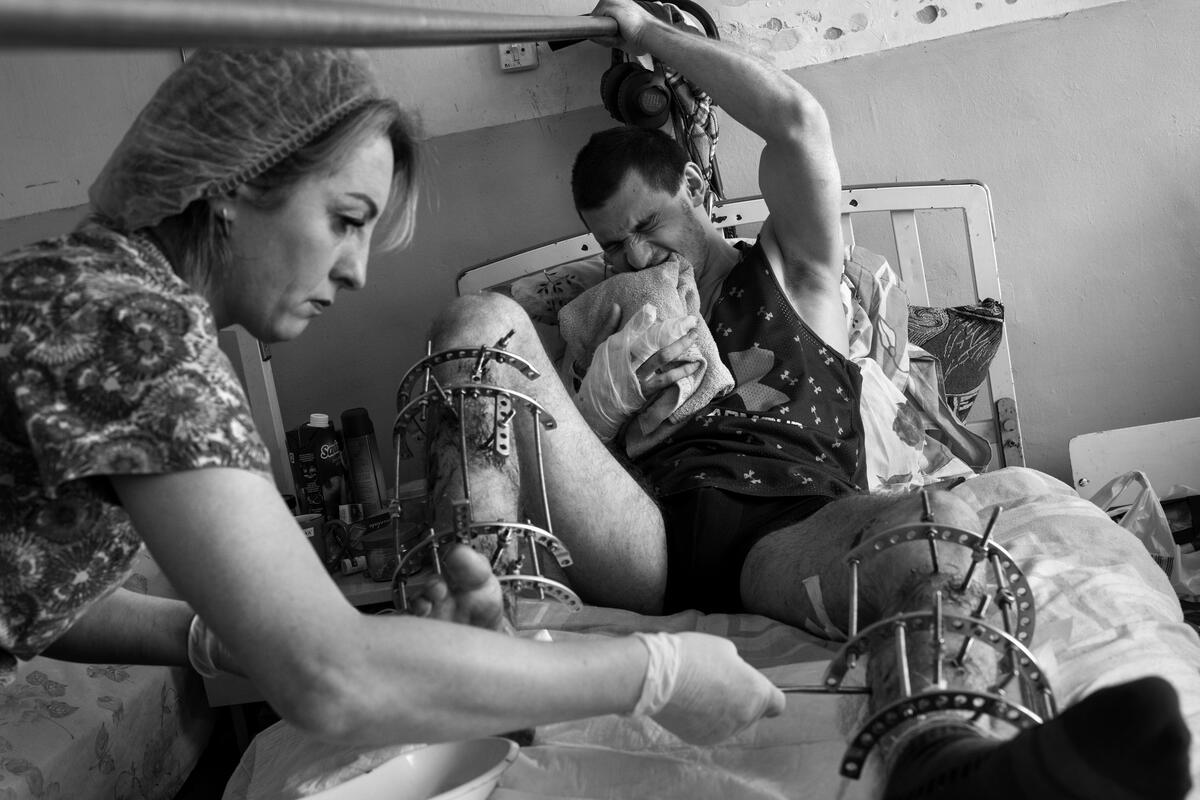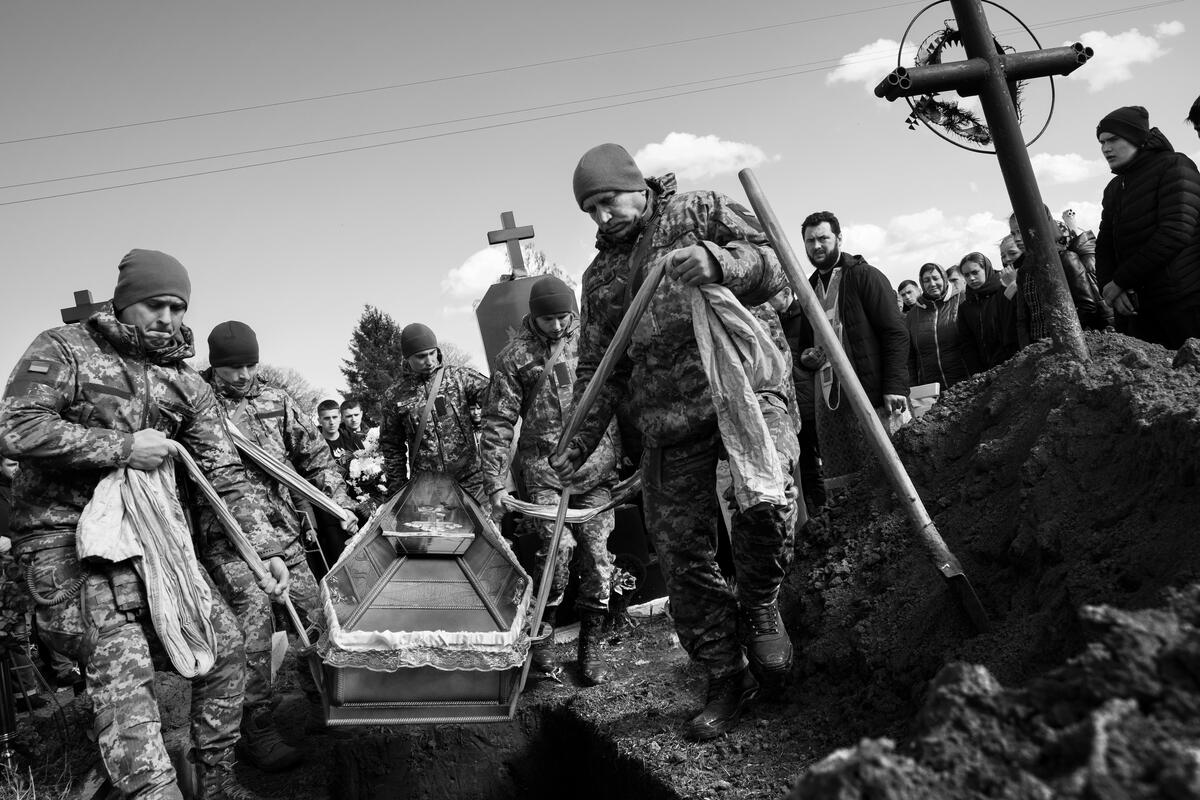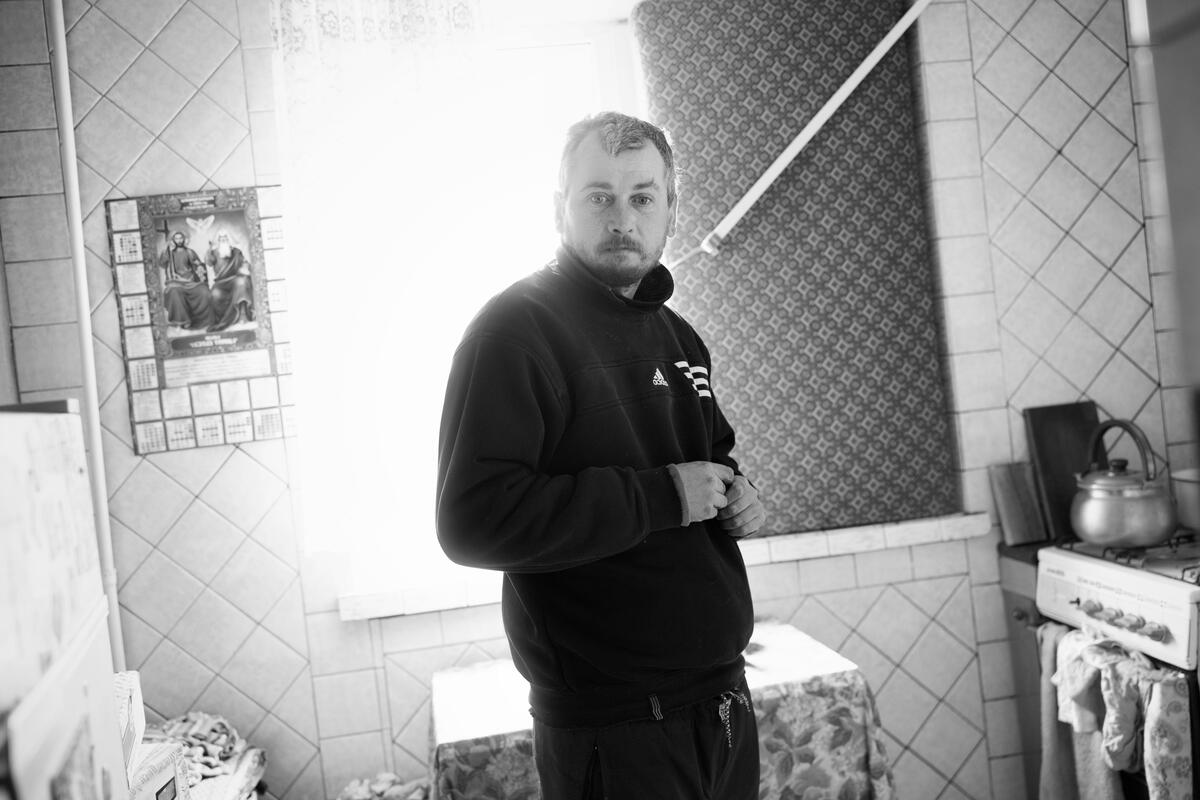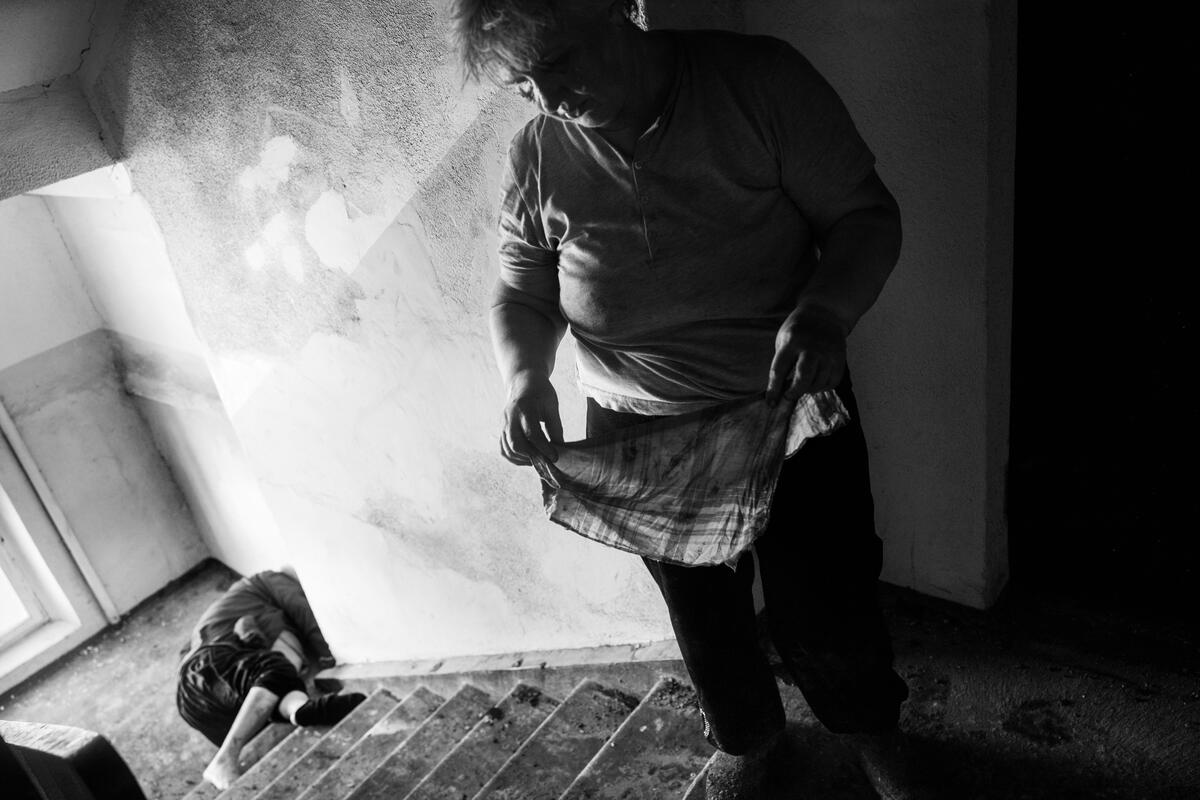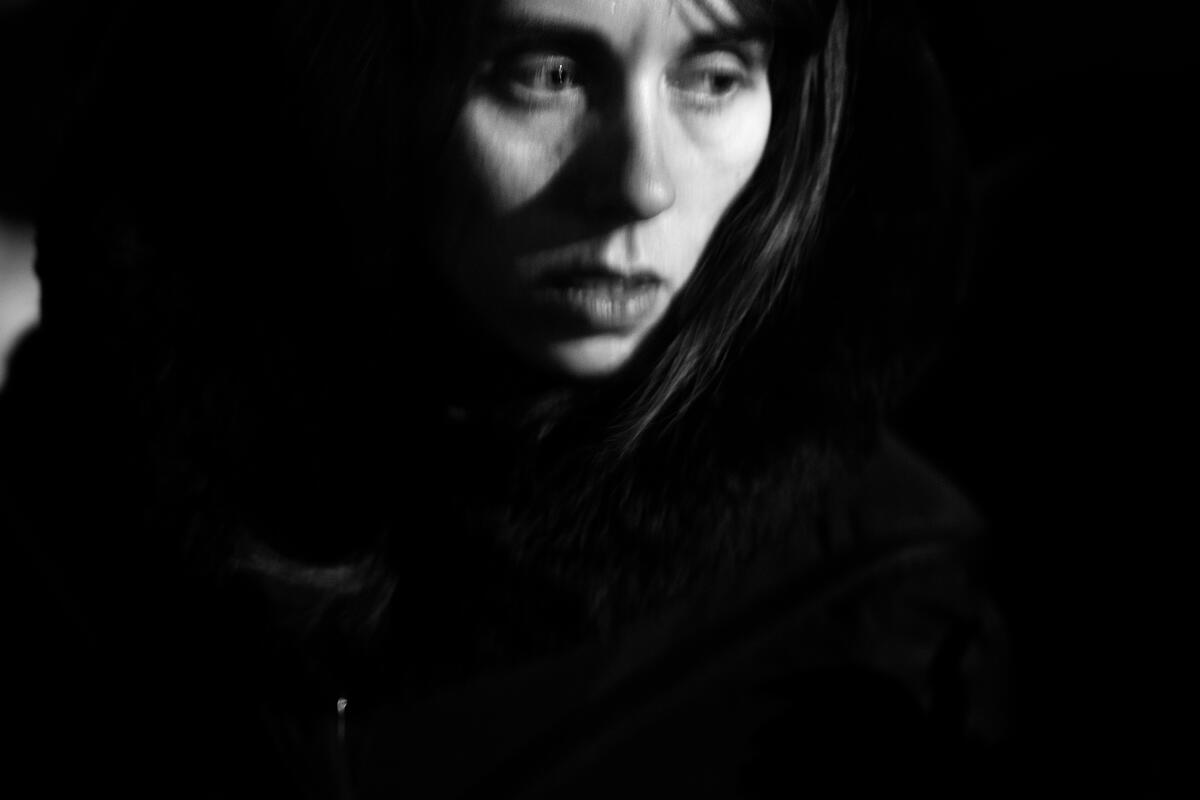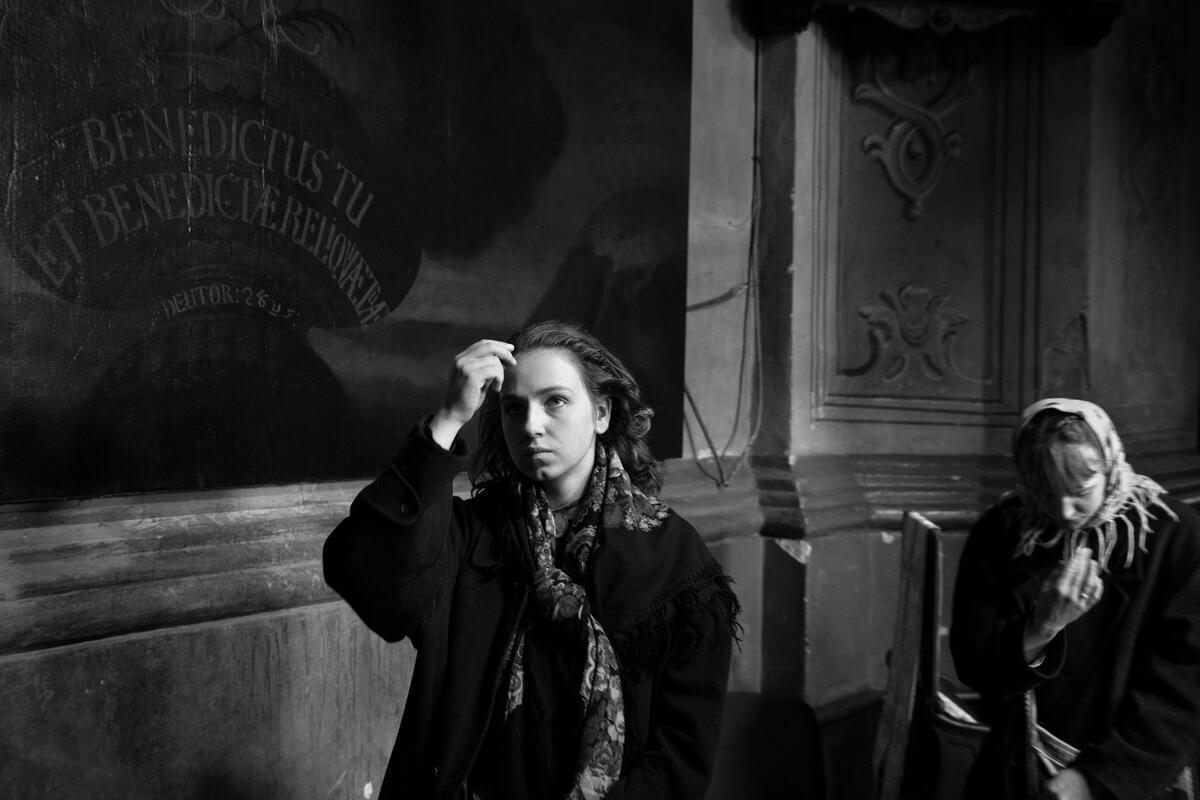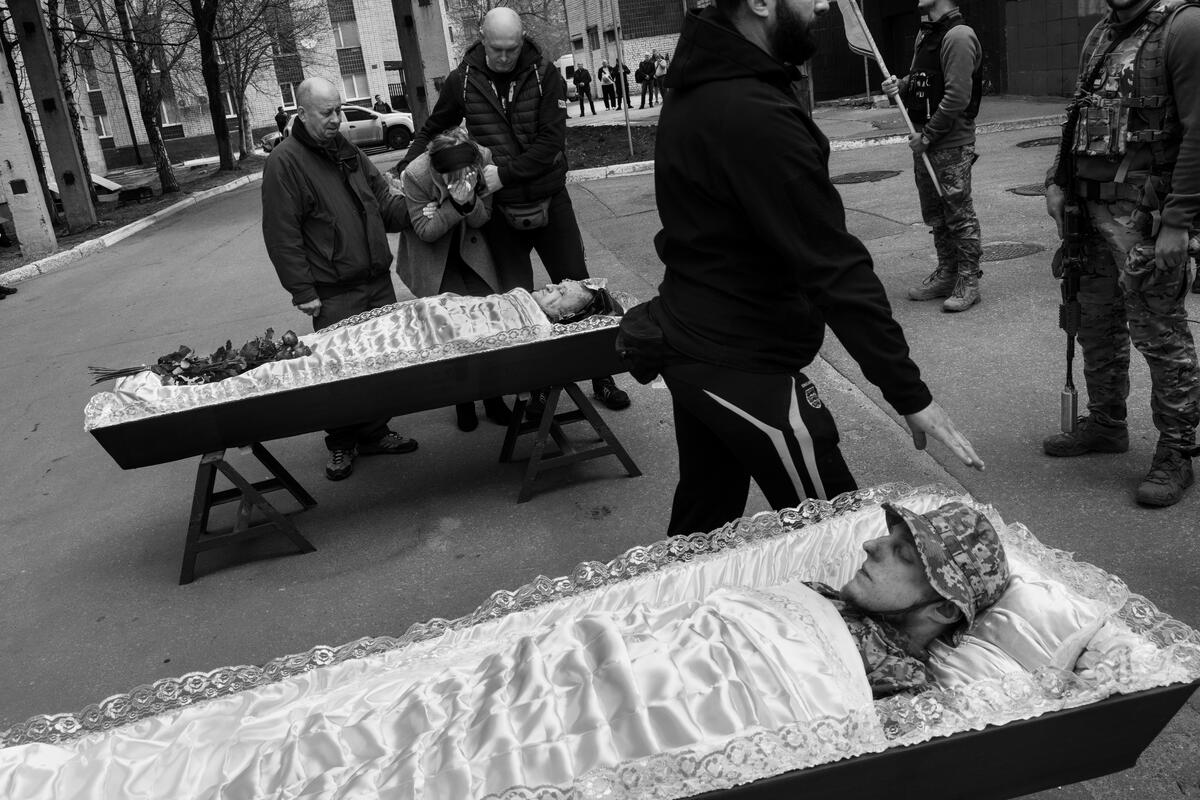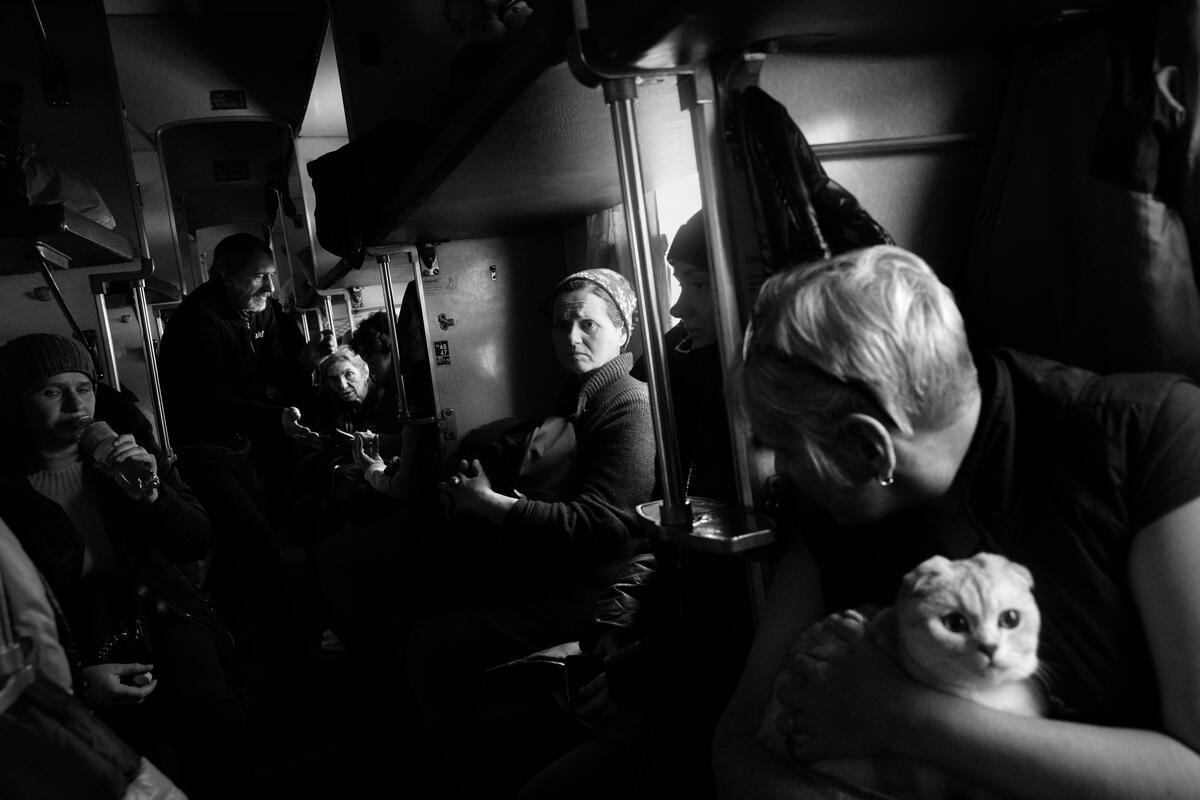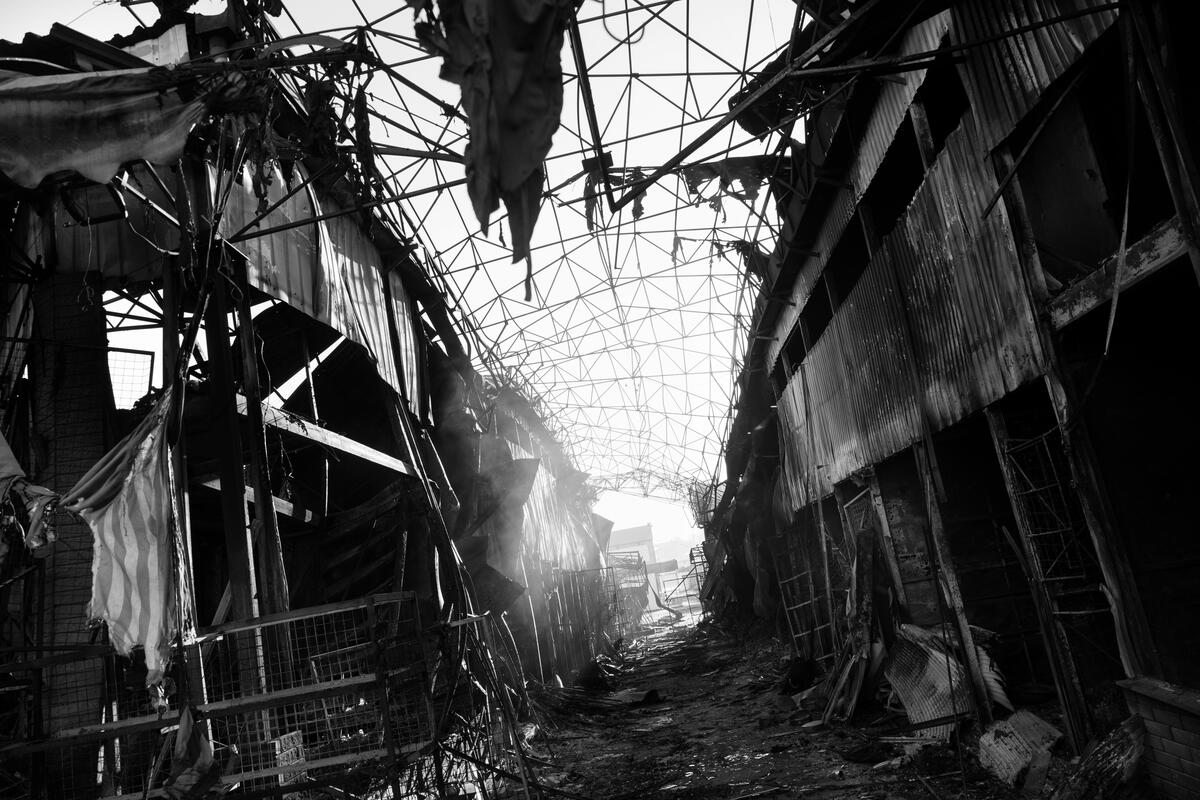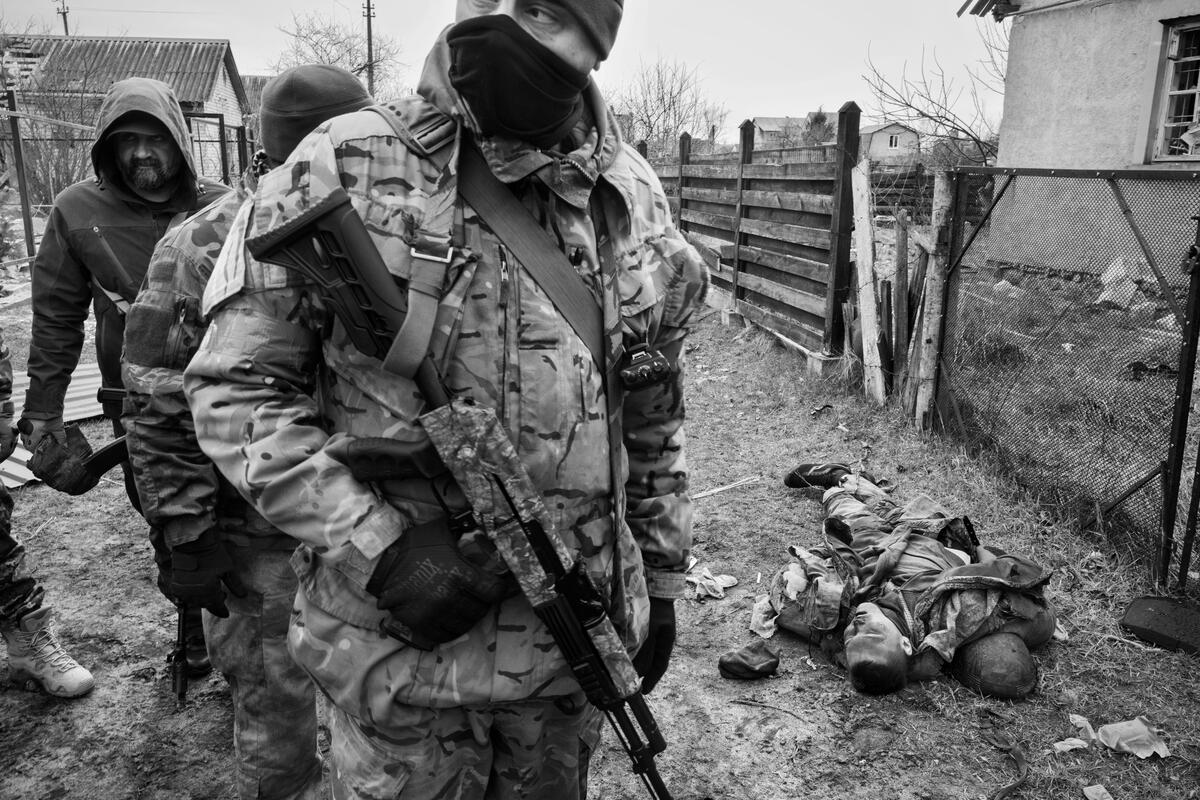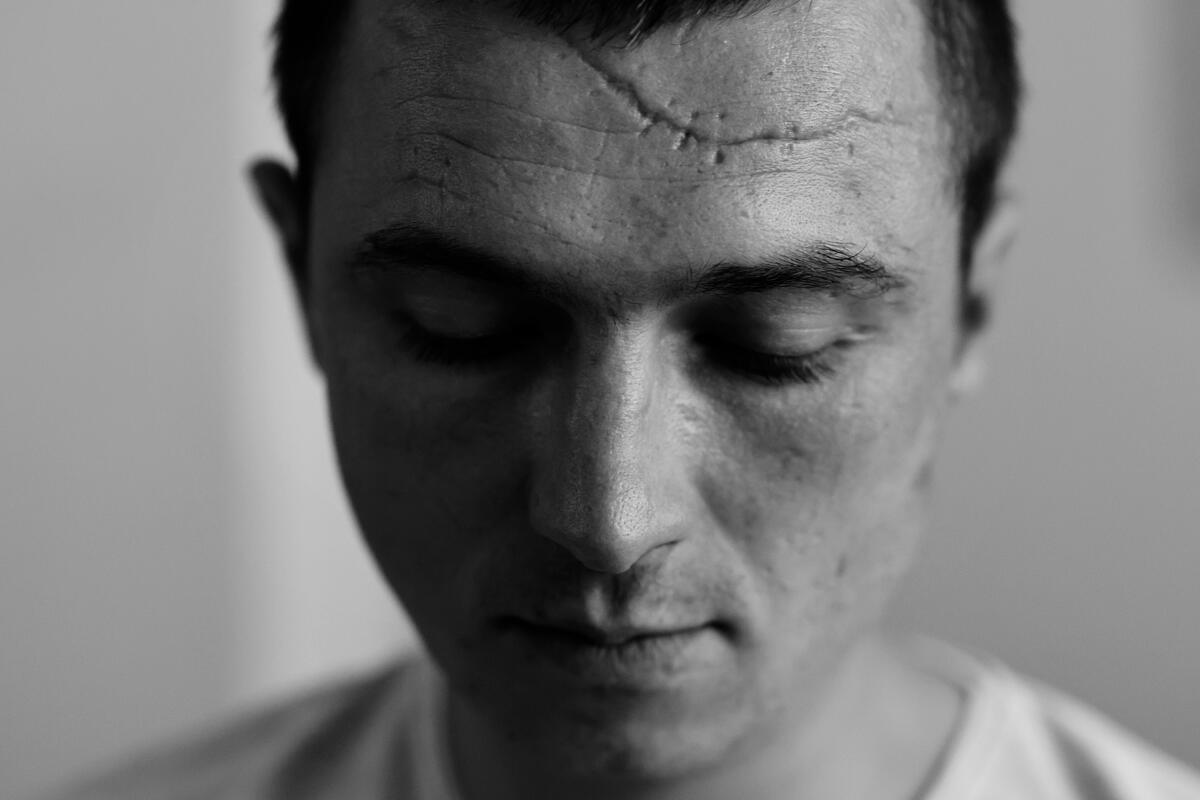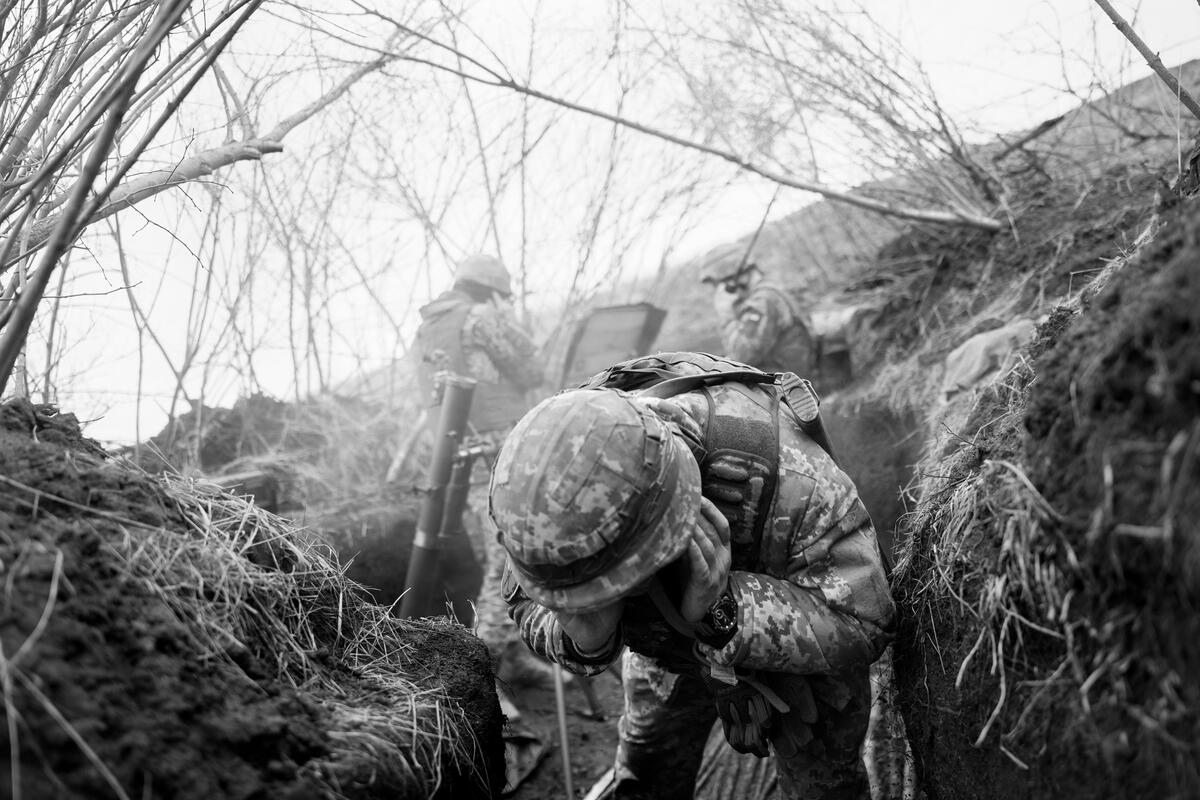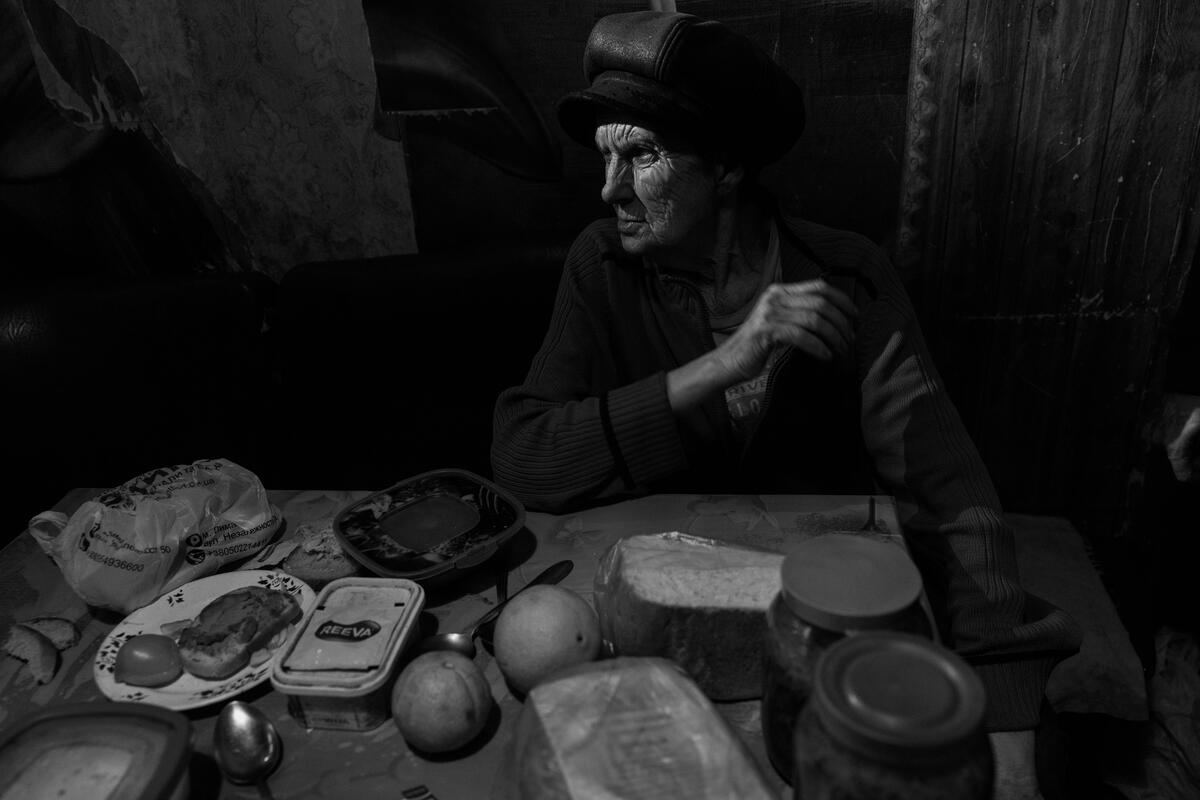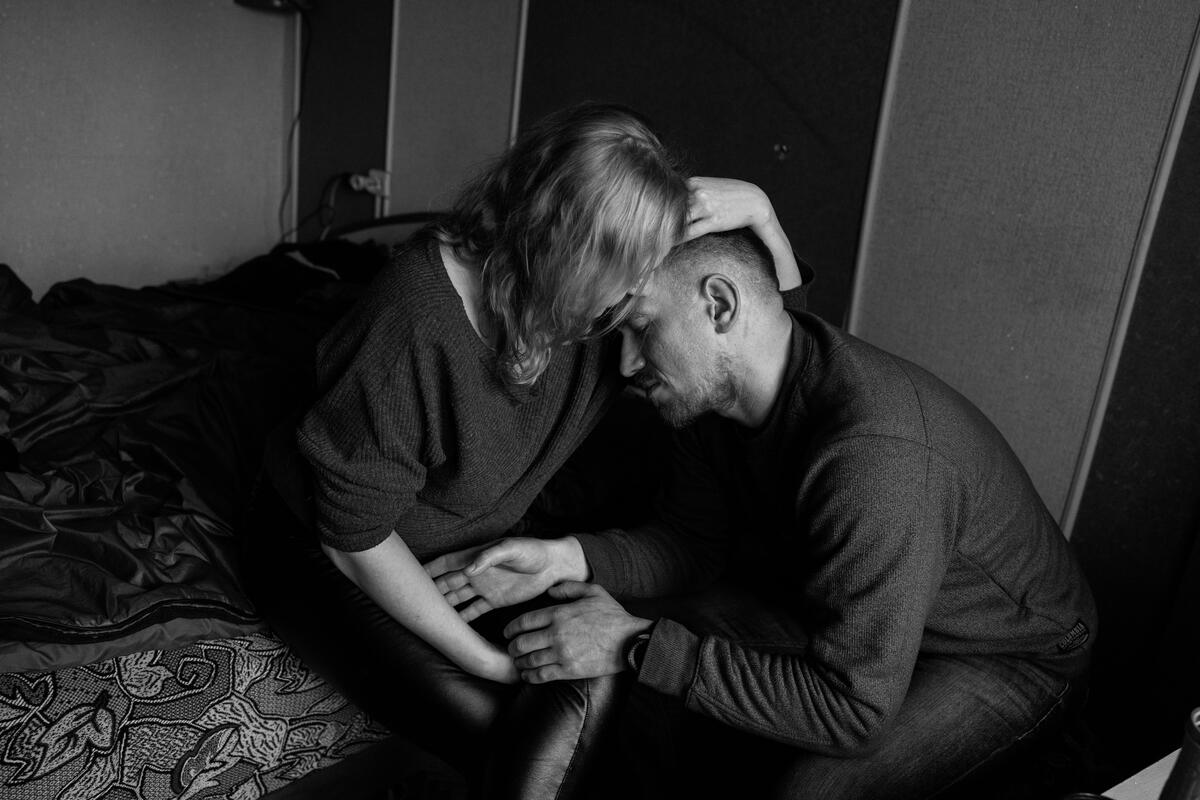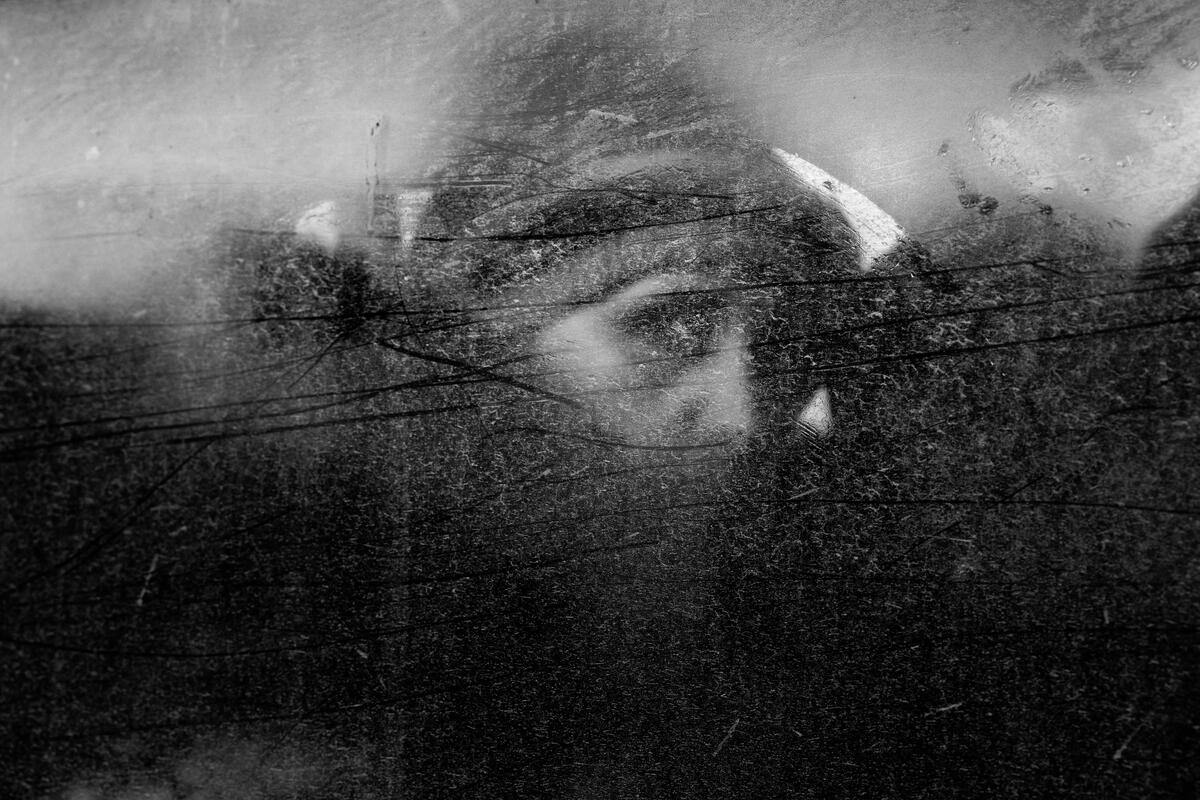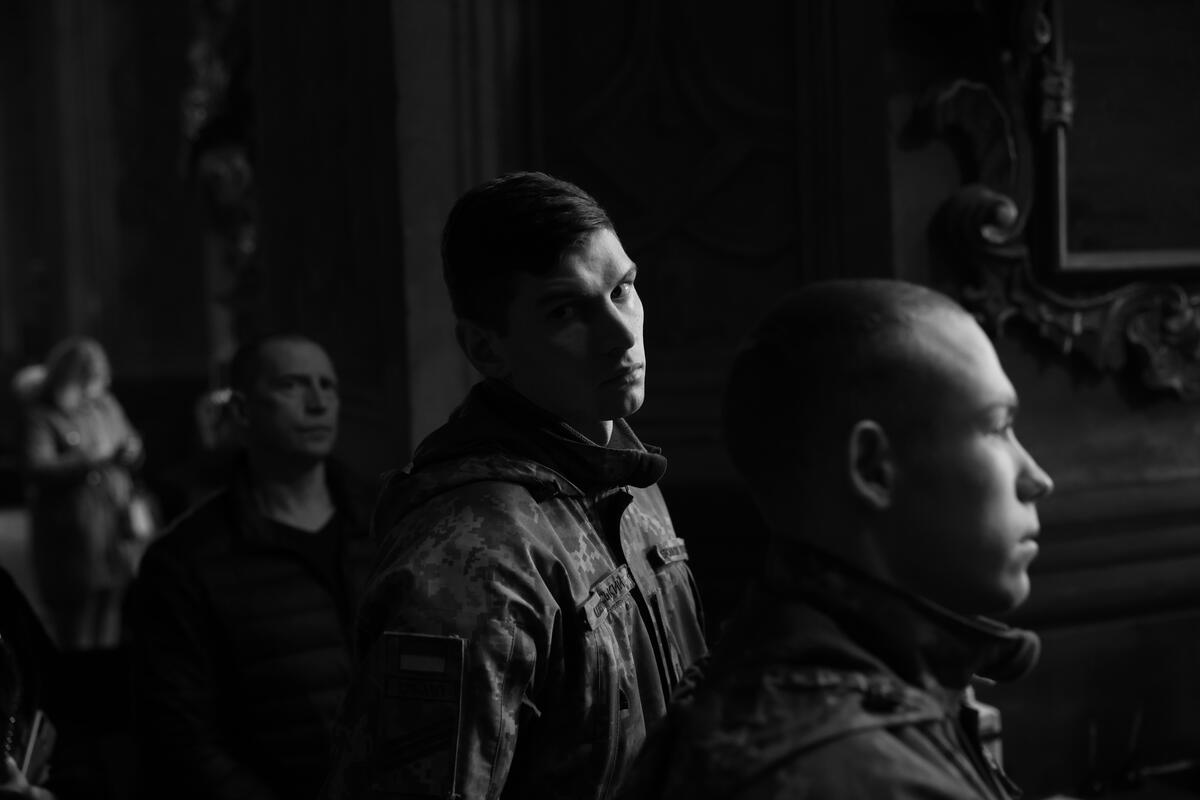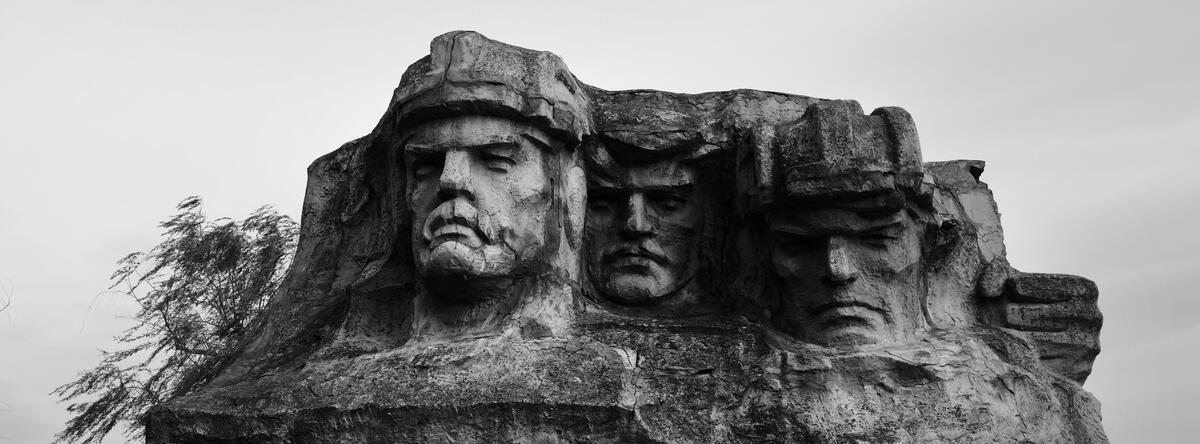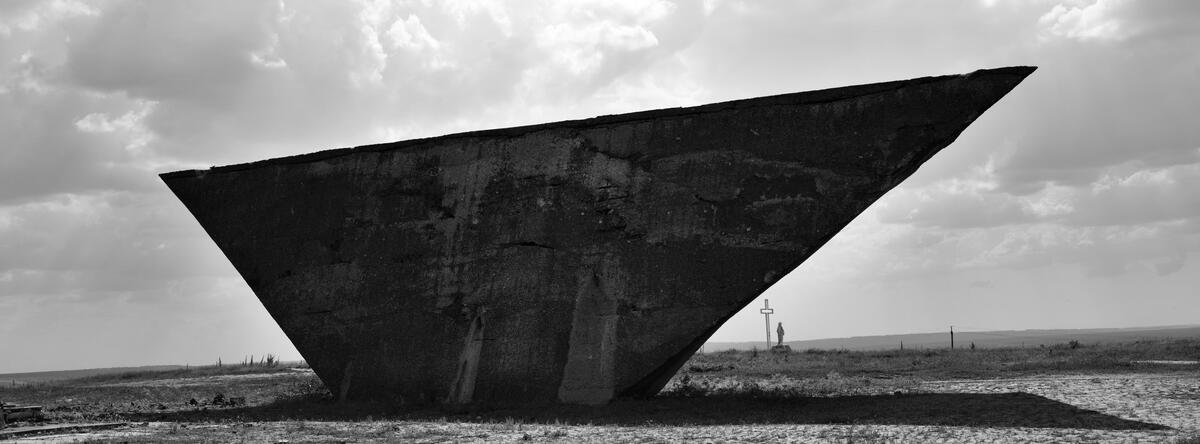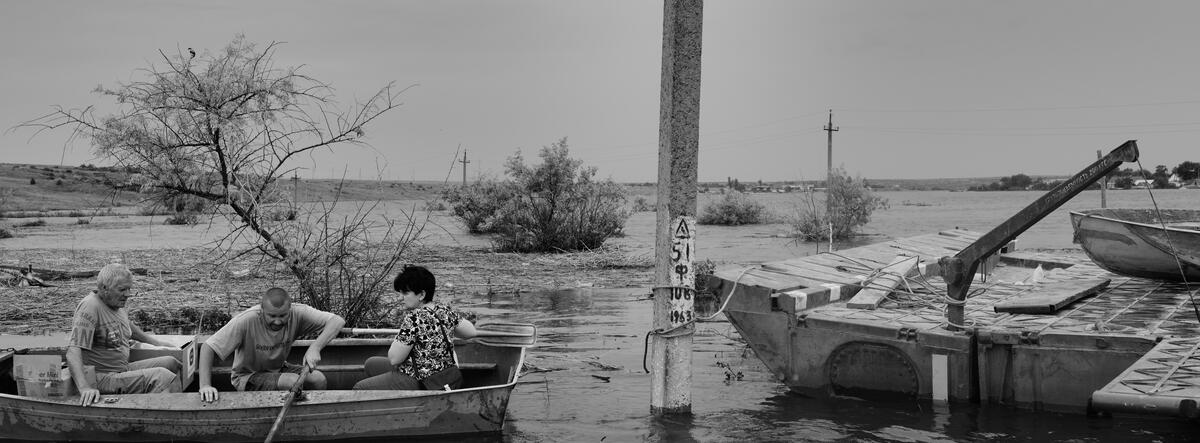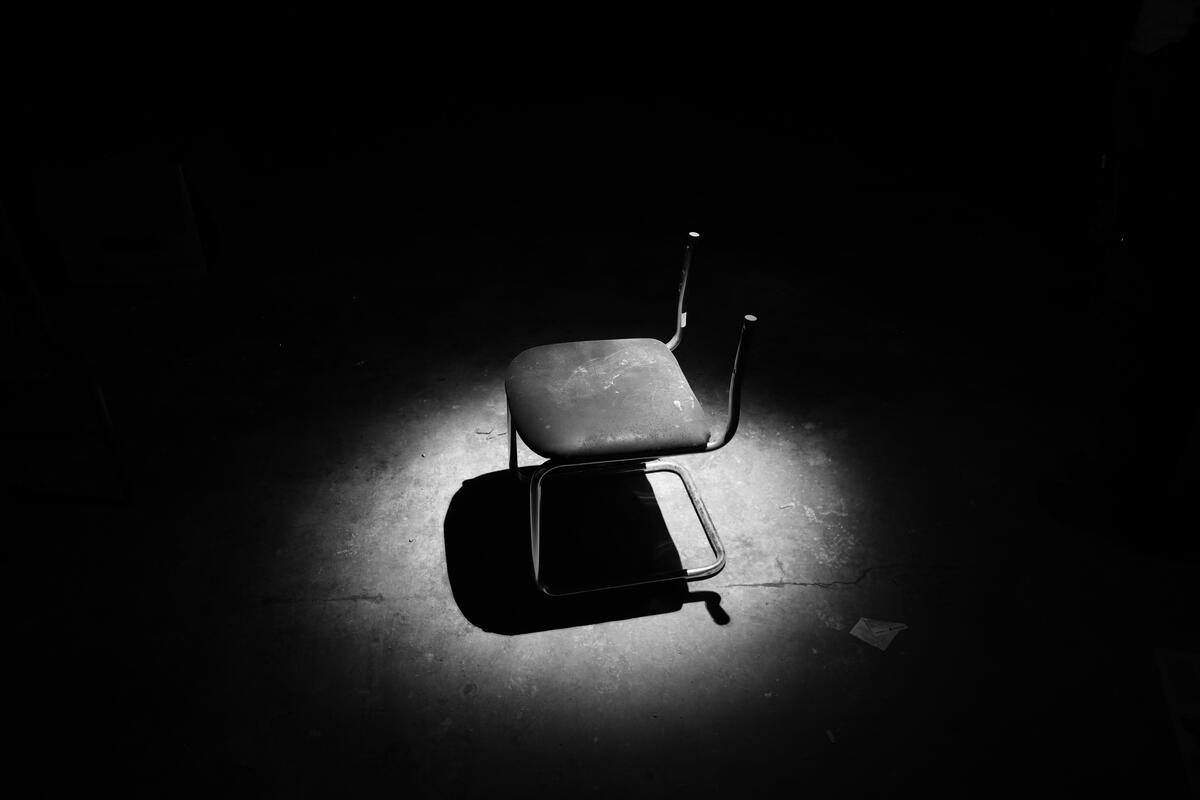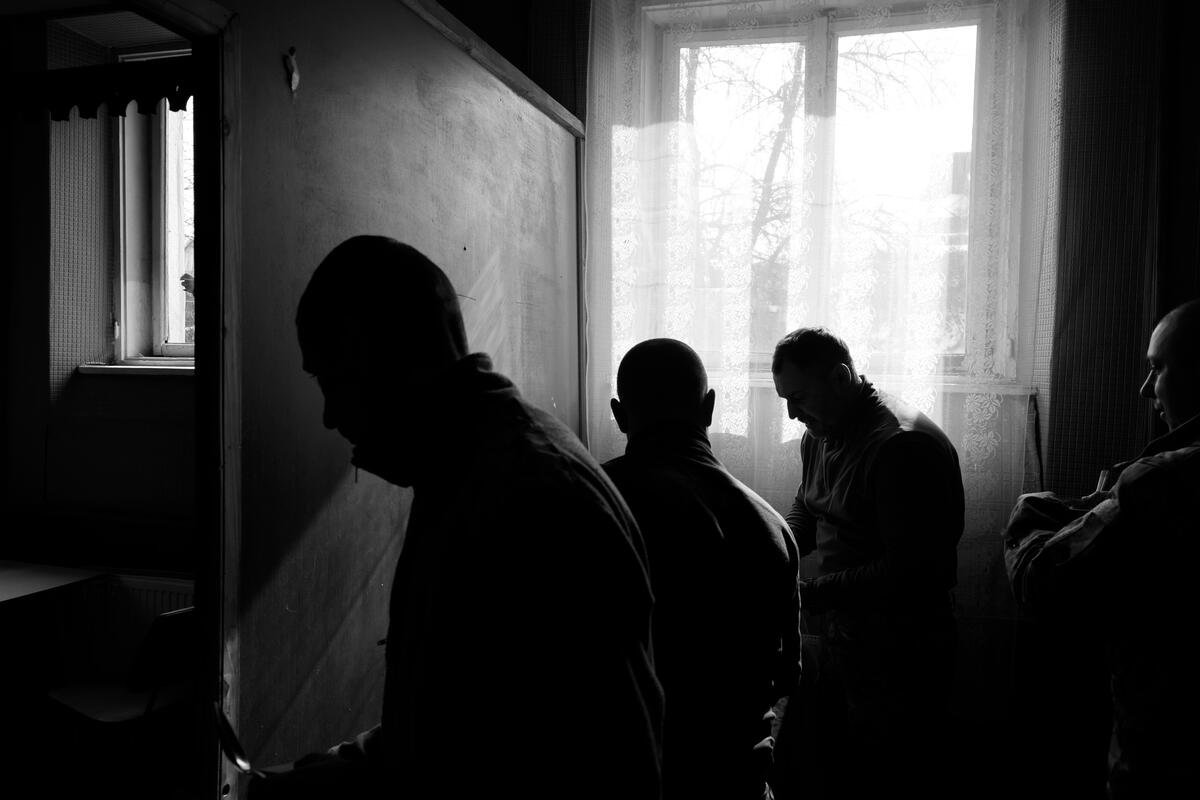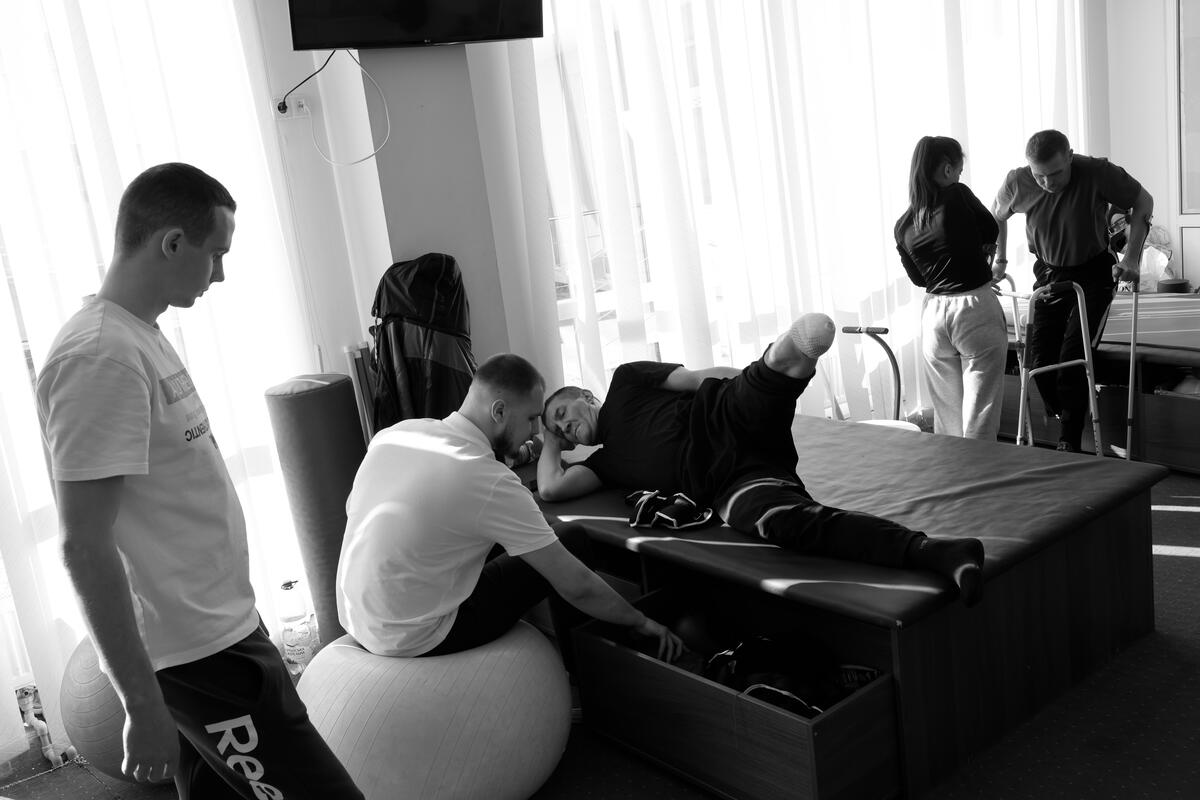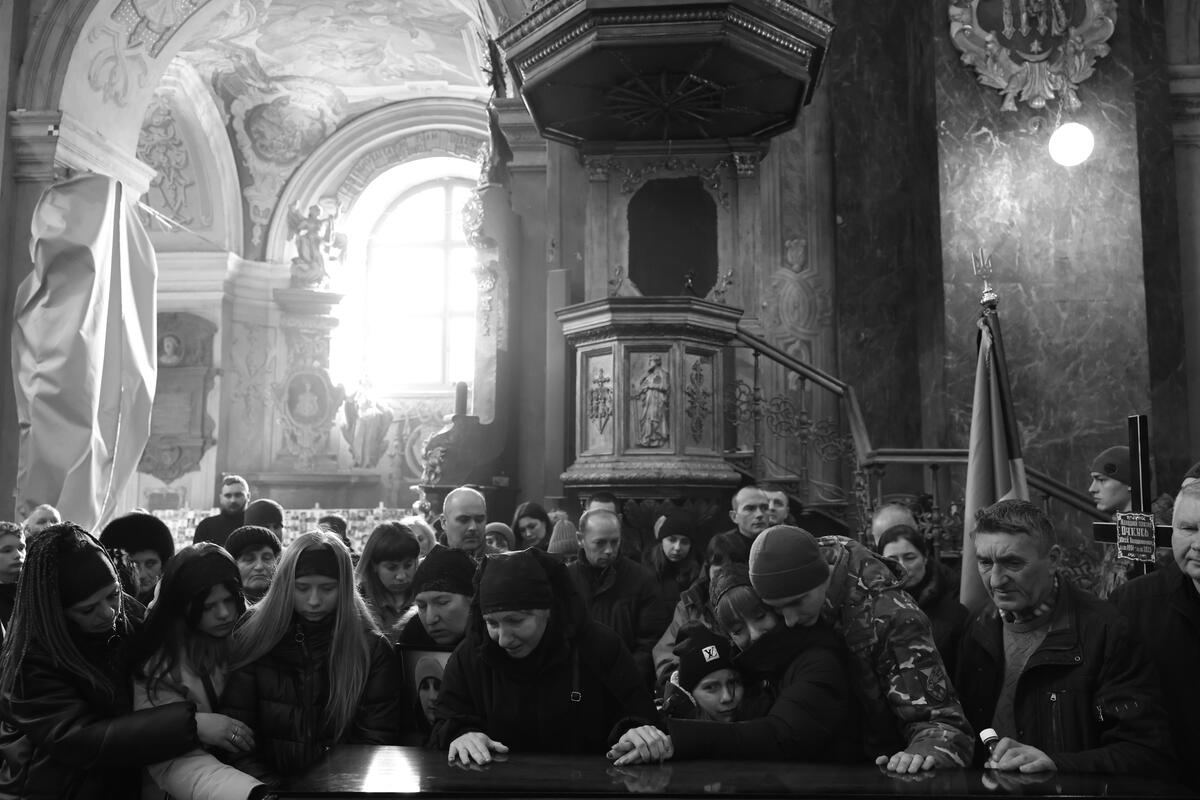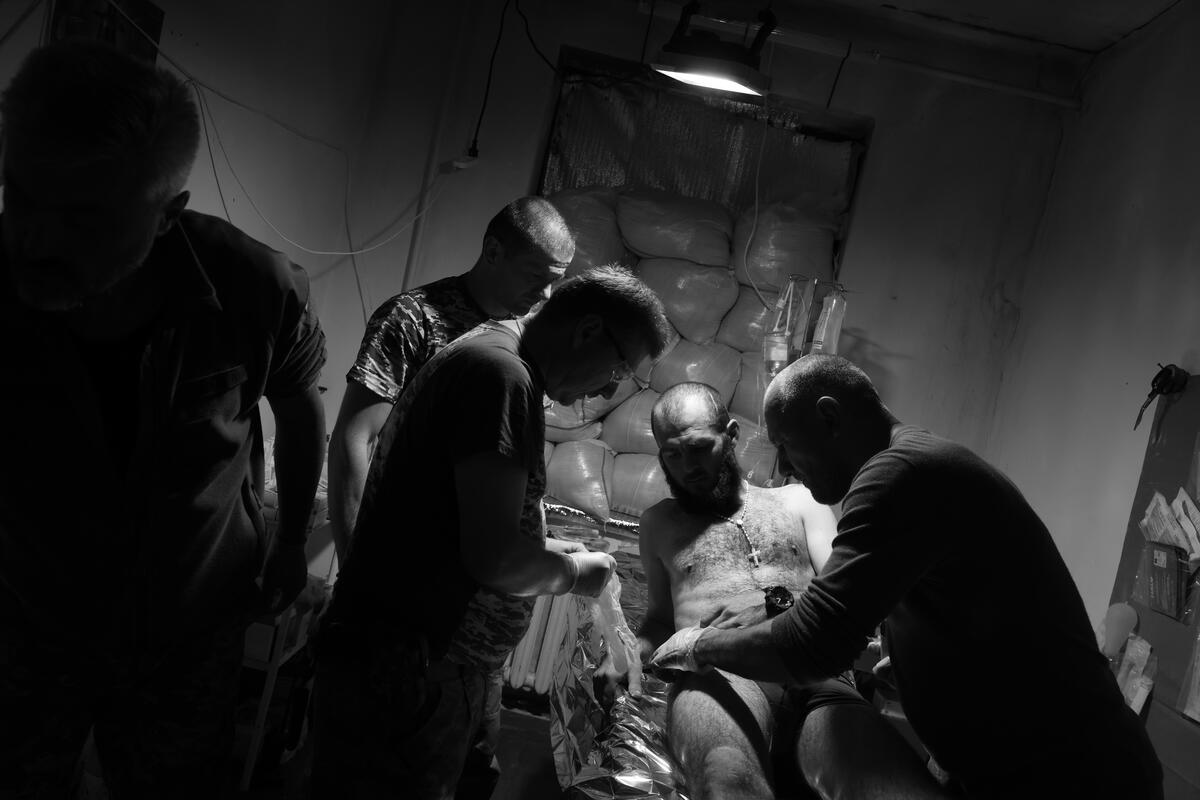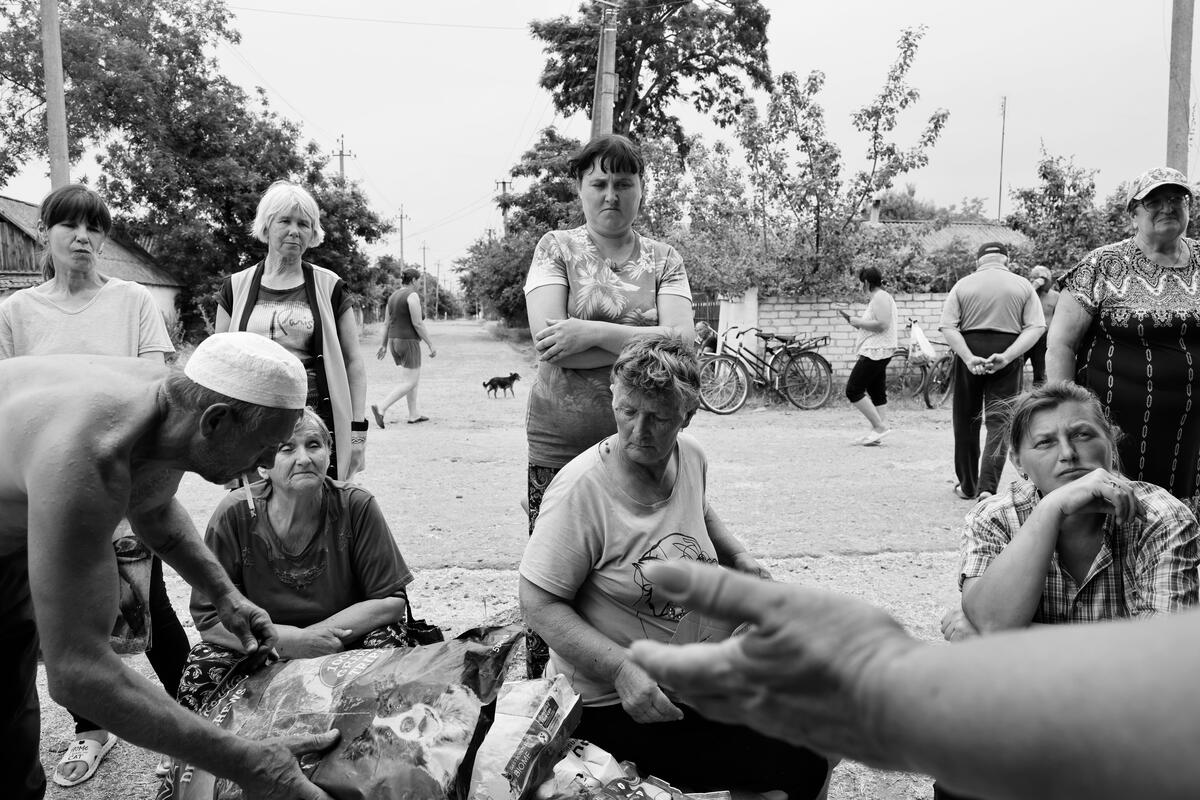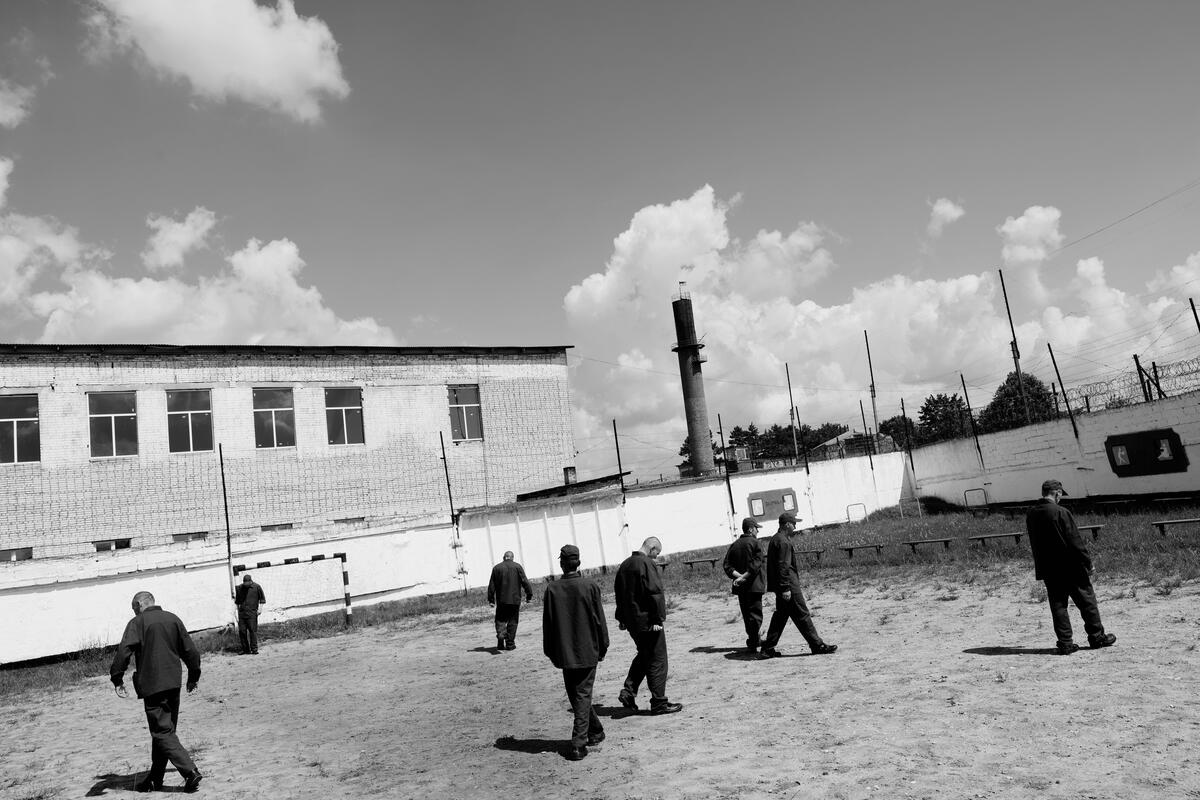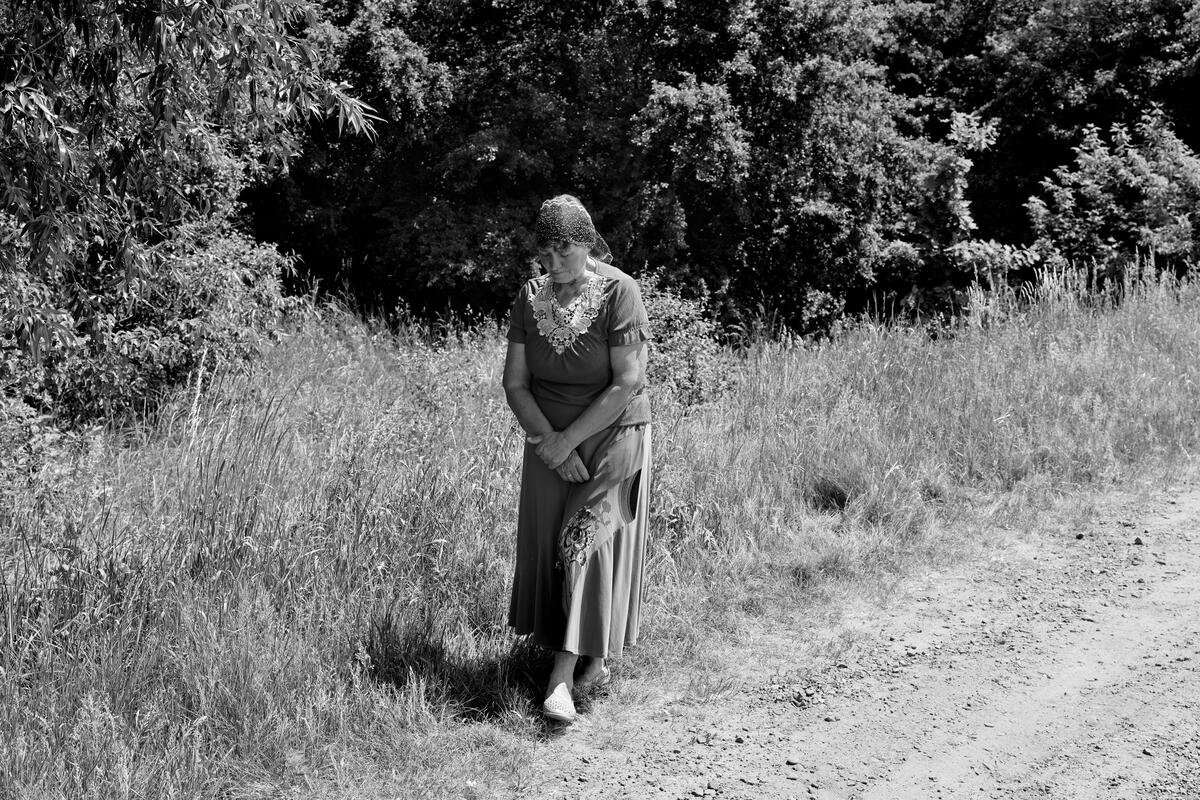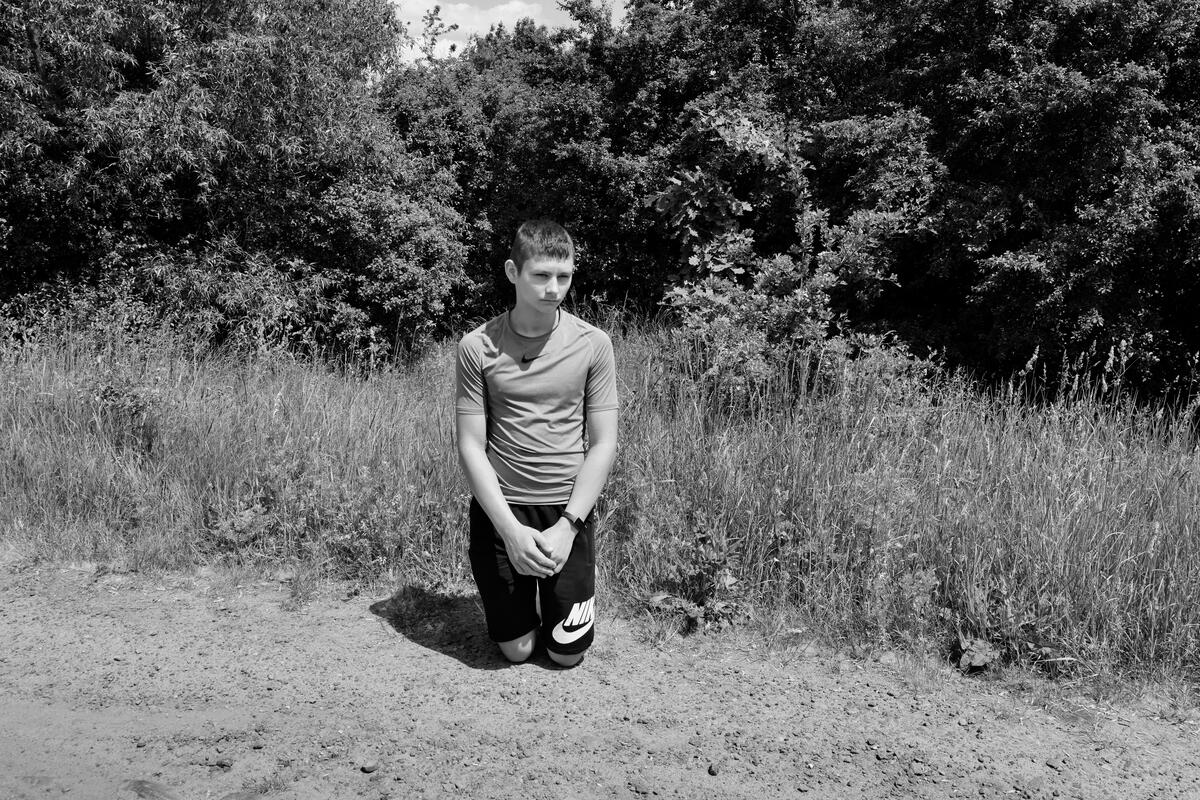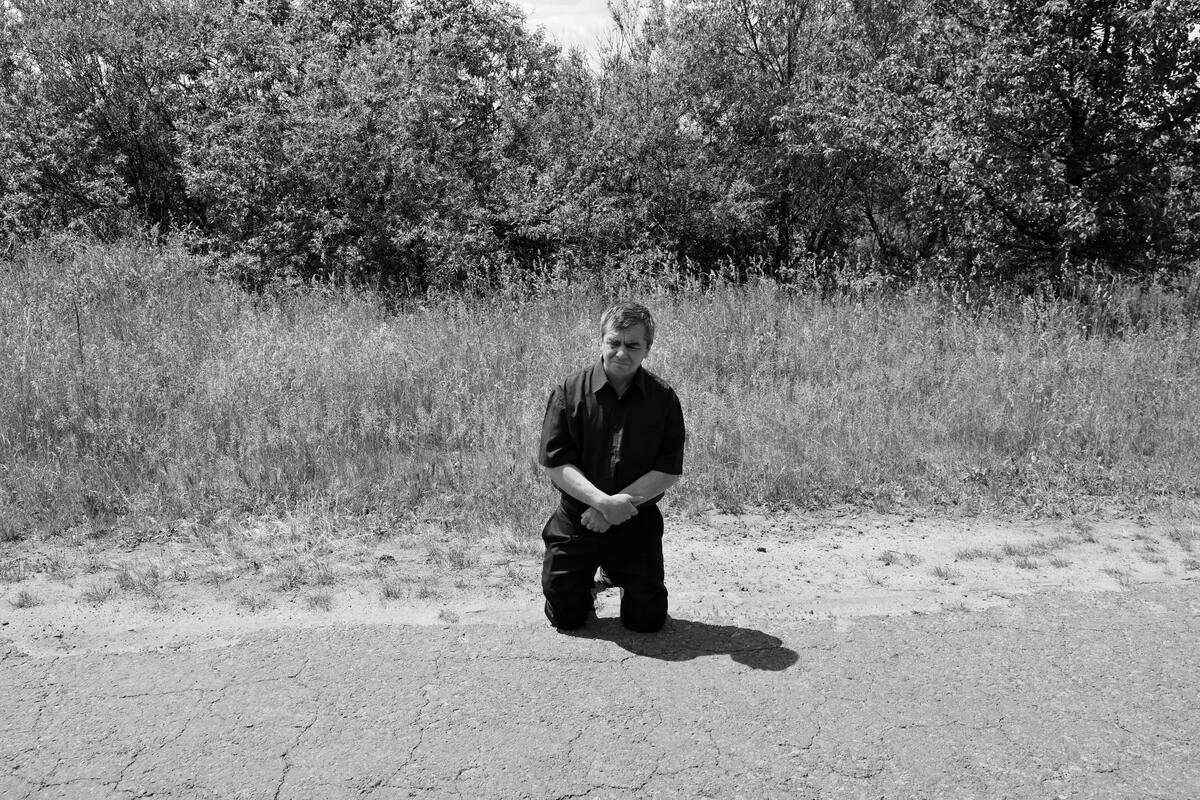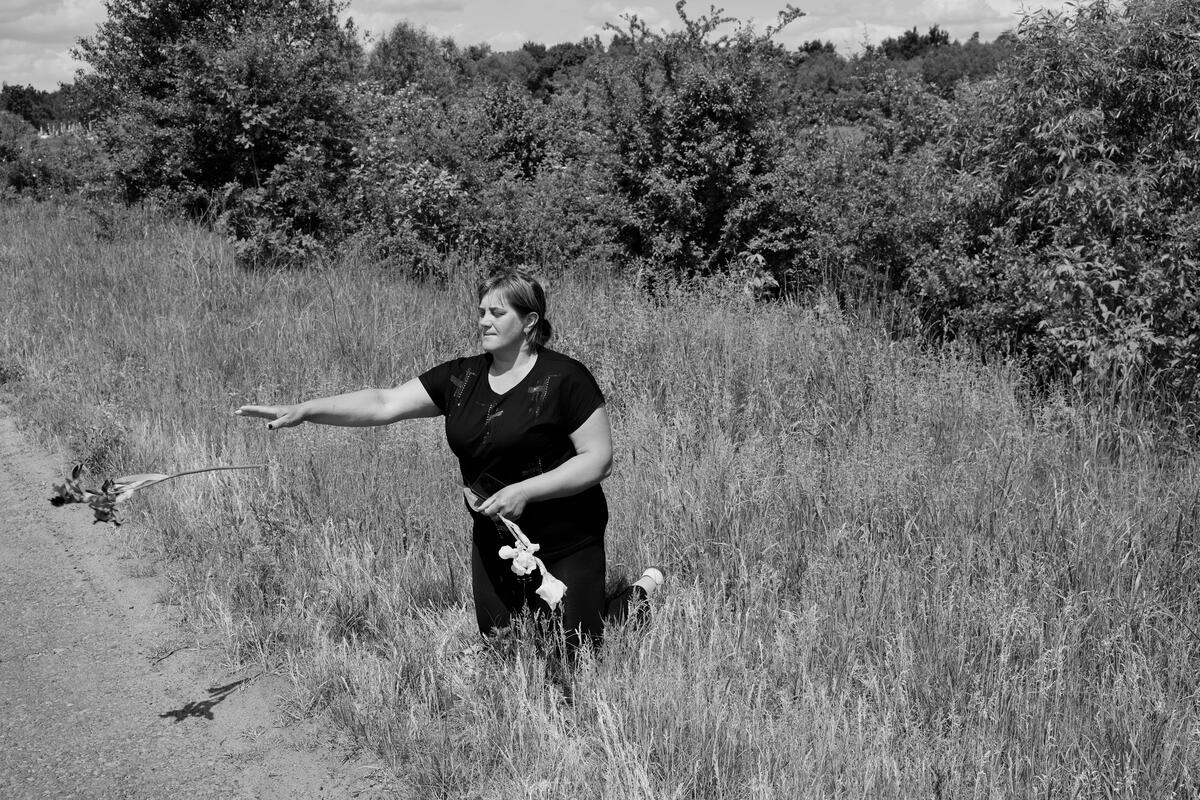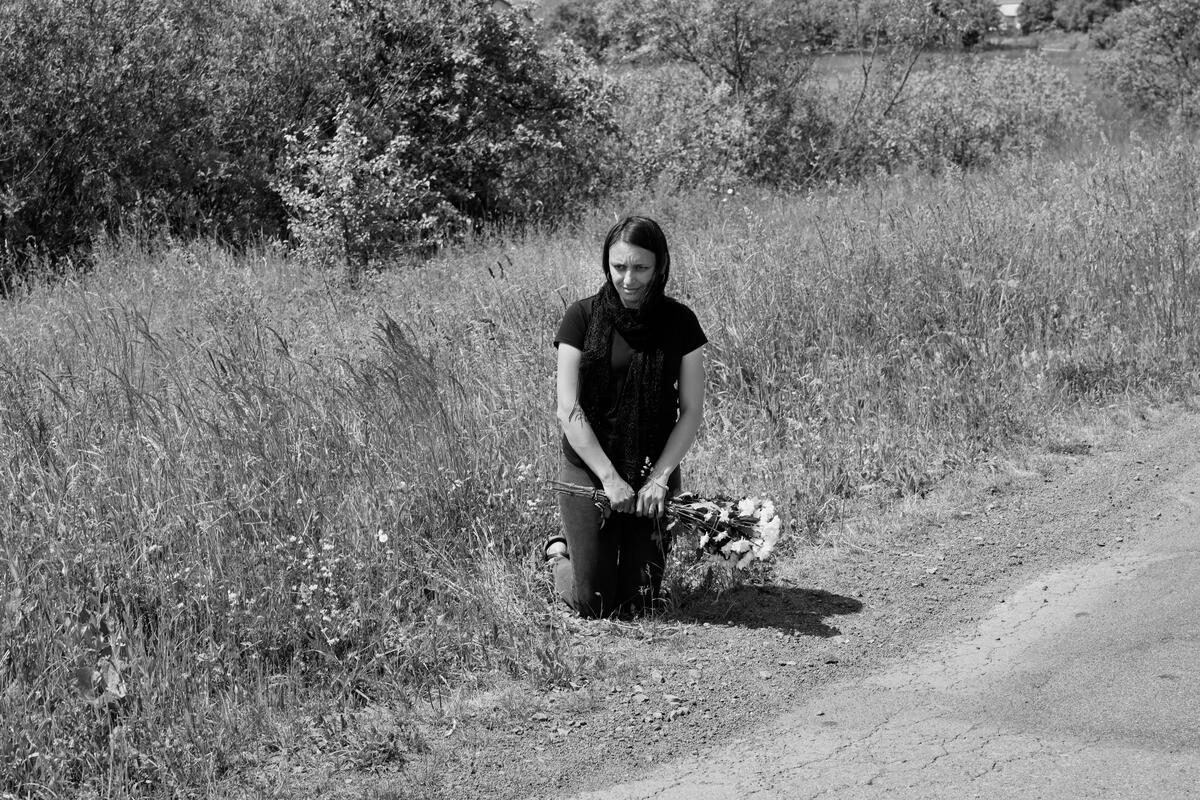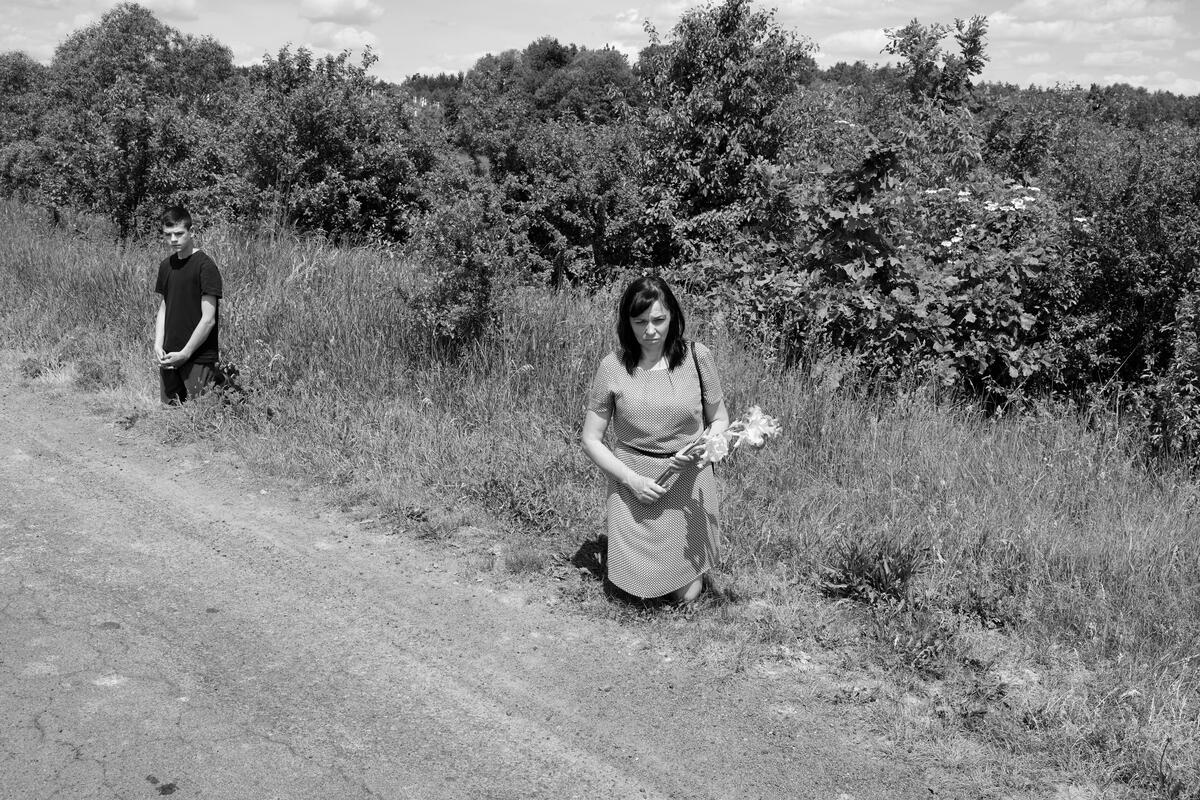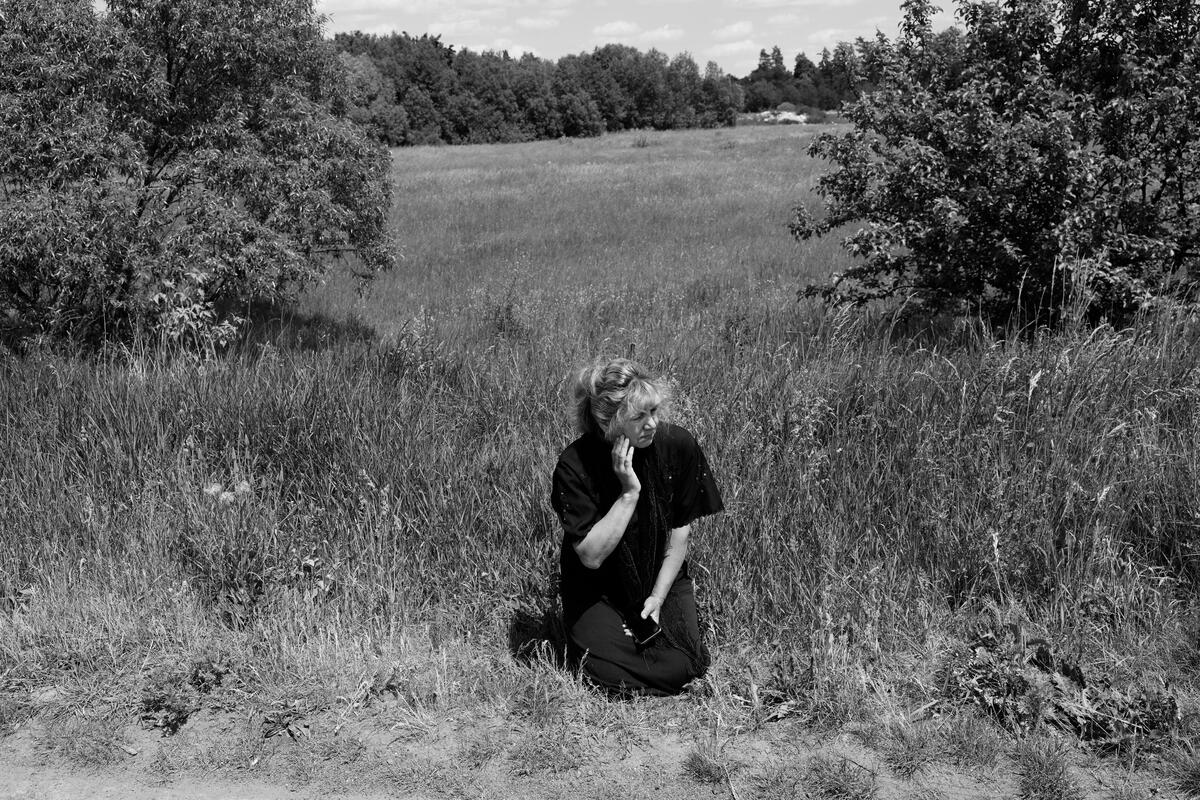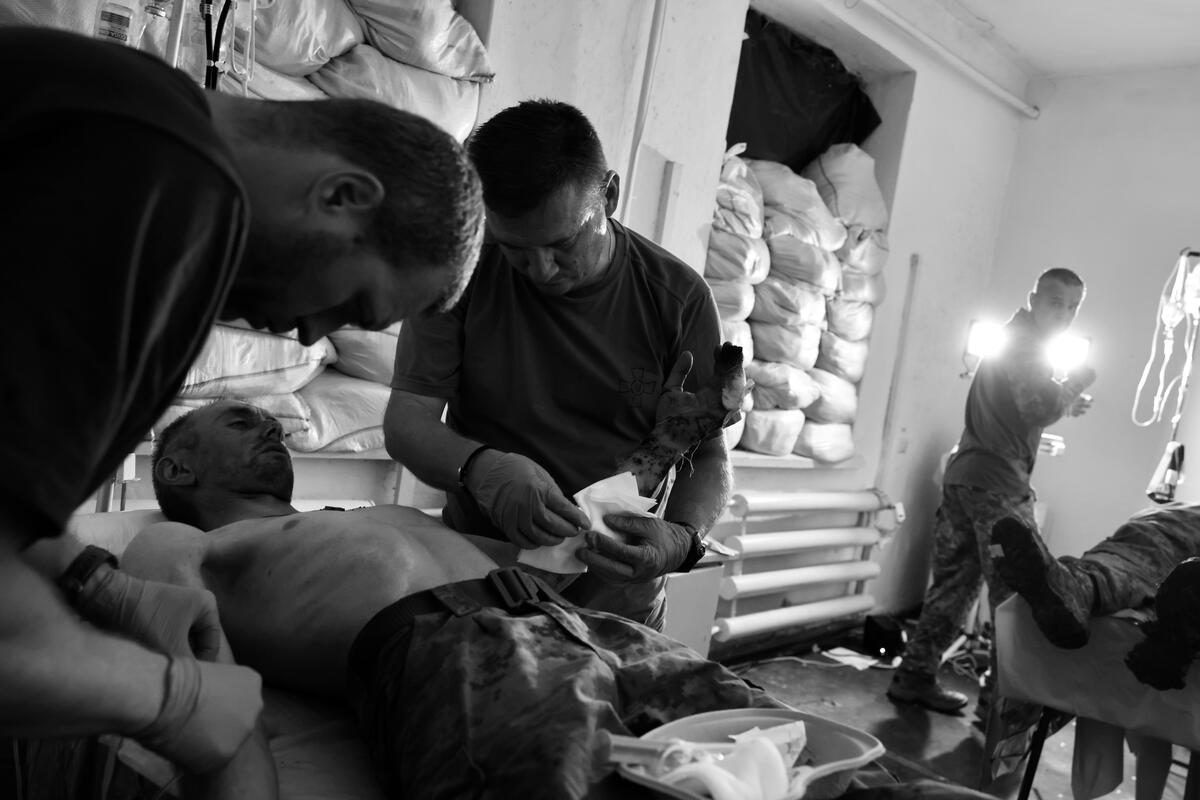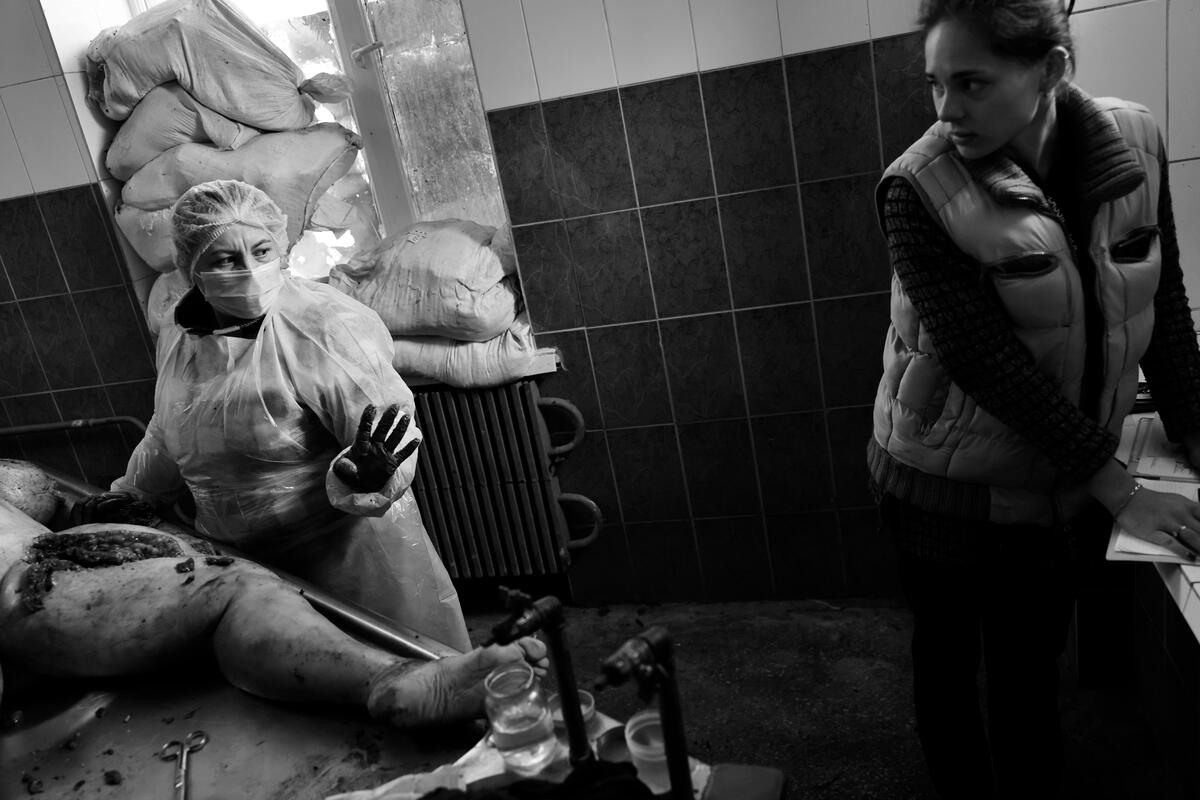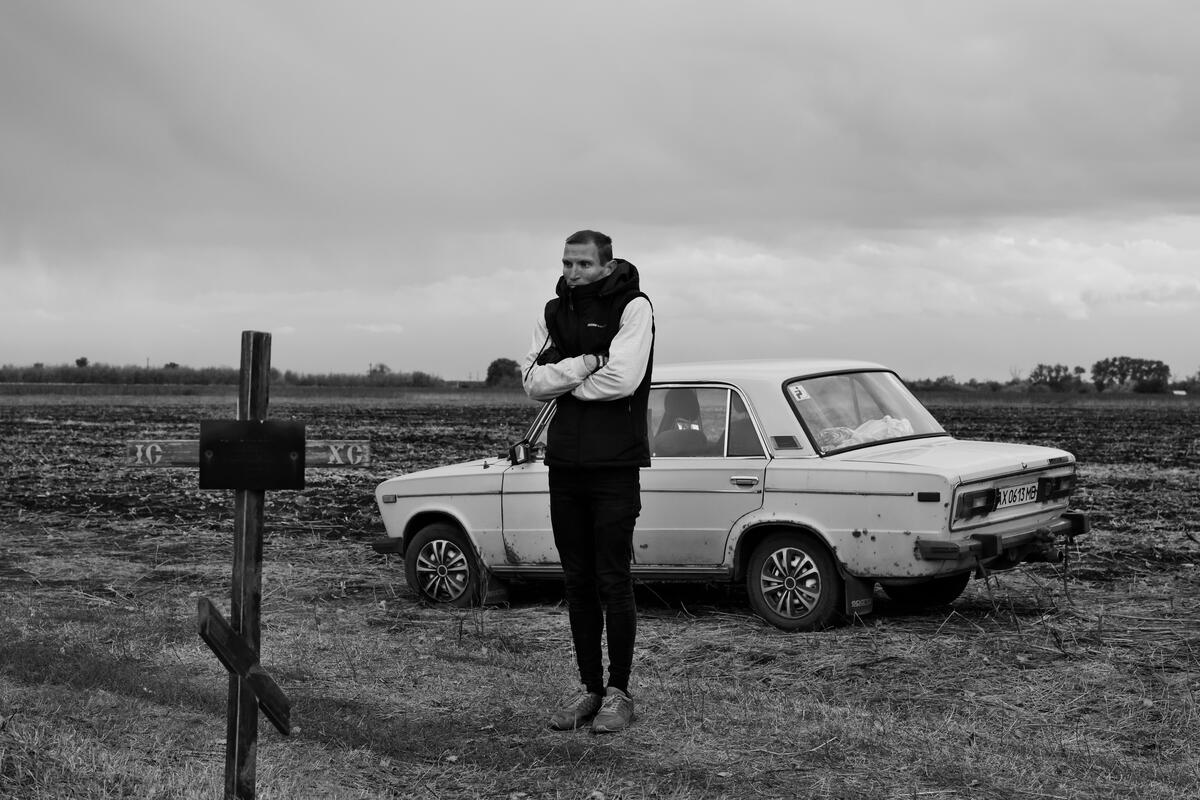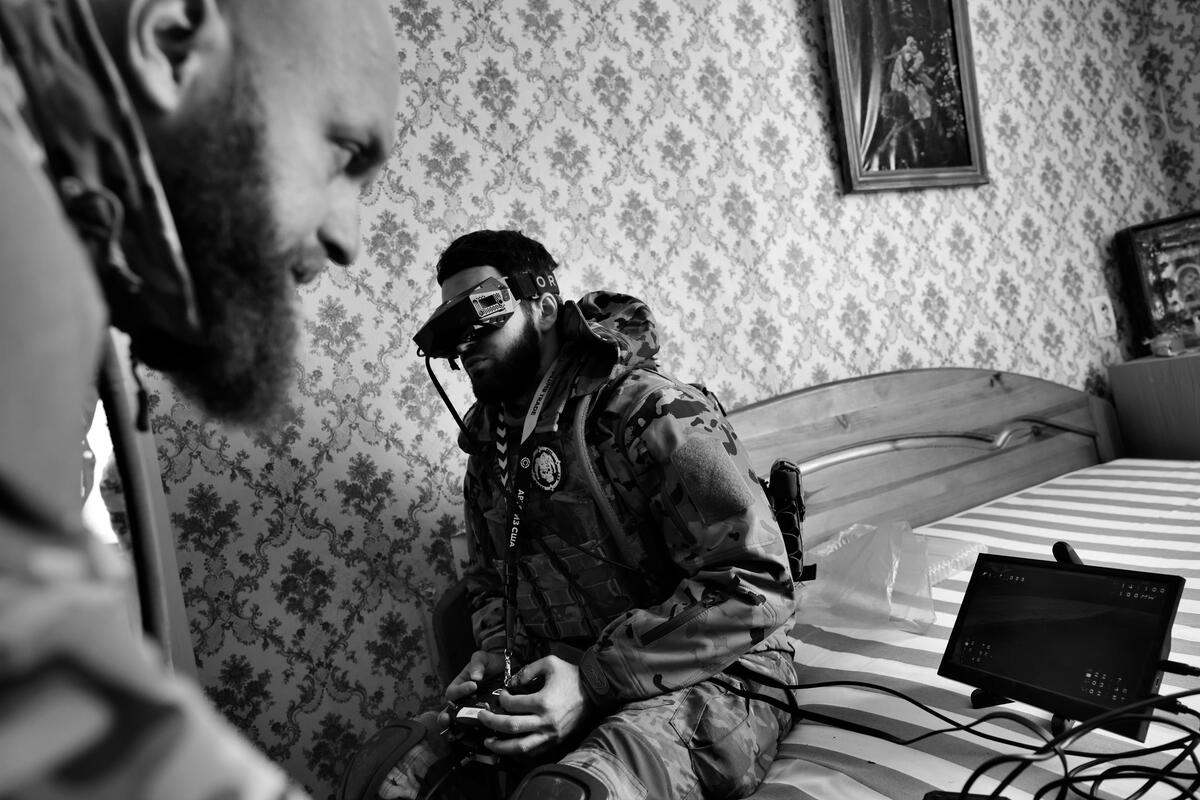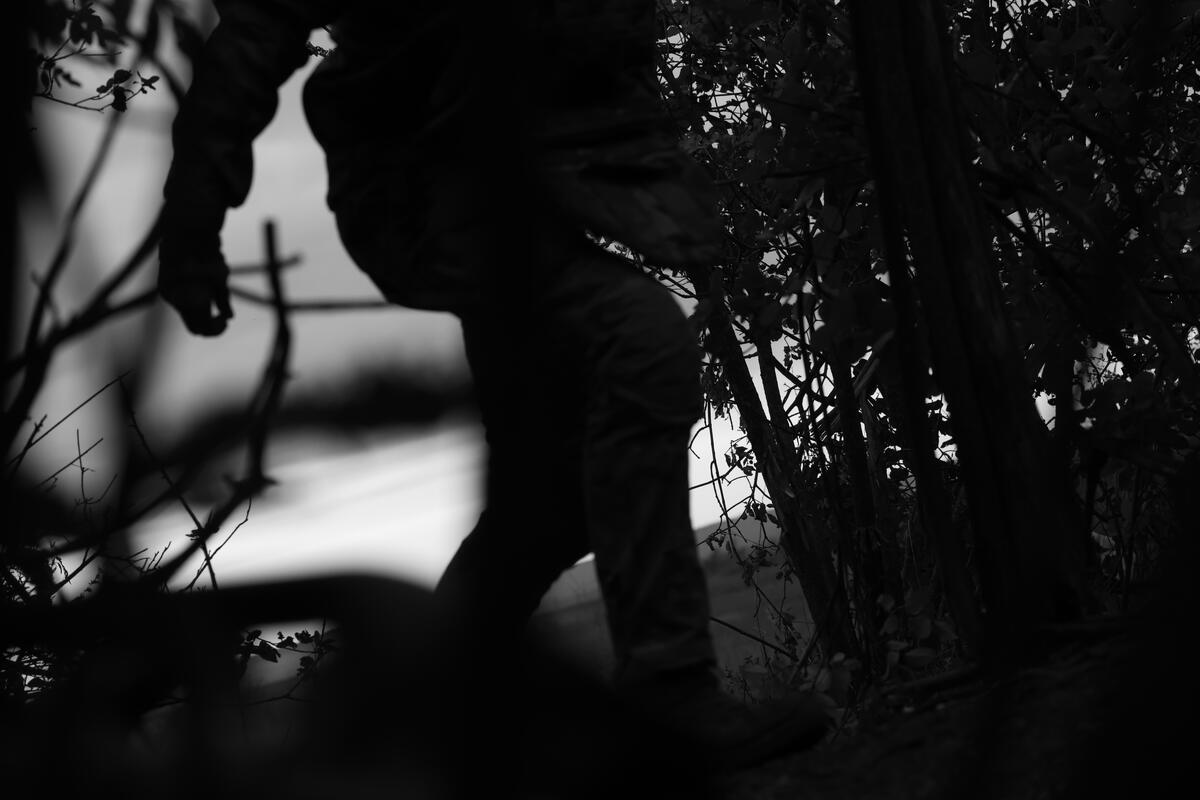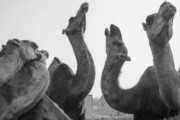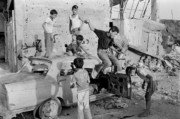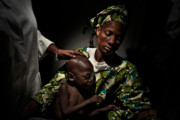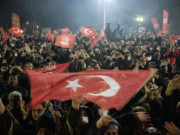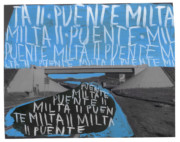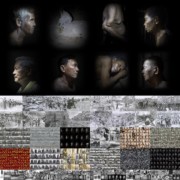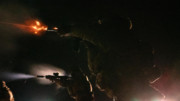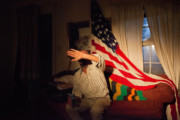War Seen Up Close
In an essay for la Repubblica, Paolo Pellegrin shares his record of the past two years in Ukraine through a series of images and reflections. Warning: this article includes graphic content.
The profession of conflict photographer grants the burden and privilege of seeing up close the fronts being ignited around the world. I have just returned from the West Bank and will soon return again to Kyiv. There is a strong feeling everywhere that everything is connected and that, one way or another, the cornerstone of tomorrow will be forged in Ukraine.
The impression is that the West has yet to make a full decision on its role. The United States and Europe have done much to support the Ukrainian military, politically, and financially. But a deeper awareness that would shake our society has not yet matured.
This war cannot be lost because it concerns our fate and that of our idea of democracy. If Russia imposes its will on a sovereign country with weapons, and in disregard of any rules, the repercussions will be many and radical.
"News of bombings and battles seem more and more distant, like the echo of a litany to which we have grown accustomed or resigned: their outcome, however, will weigh on our lives. "
-
There are splits within Europe and the United States that are not just the result of genuine pacifist instances or electoral campaign calculations. They emerge when party leaders comment on Alexei Navalny’s death in the same breath as the Kremlin, which exhibits an interested reticence. Navalny’s demise, on the other hand, like too many others before him, casts a blinding light on the bloodthirsty power that wanted him dead.
We know that for years the disinformation machine has been working to sow doubt and fear, and to build a distorted image of reality. We have underestimated the effects of this slow corruption in making us lose sight of the meaning of the struggle being fought on the banks of the Dnipro and in the trenches of the Donbass. News of bombings and battles seem more and more distant, like the echo of a litany to which we have grown accustomed or resigned: their outcome, however, will weigh on our lives.
Thirty-five years ago Francis Fukuyama wrote that we had reached the end of History, arguing that after the collapse of the Wall and the crumbling of the USSR, the establishment of liberal democracies in a world of peace was irreversible. That is not what we are witnessing. We are facing a decisive historical moment and an acceleration of crises and conflicts in which many different scenarios are being played out. Ukraine, in my opinion, remains the main one.
"From the dawn of the attack they have been united and compact in opposing the invasion. A whole people have shown that resisting is necessary. "
-
Lenin said, “There are decades when nothing happens and weeks when decades happen.” We are in the midst of such a historical phase and everything appears connected, from the Chinese grip on Taiwan to the Russian missiles on Kyiv to the deadly aggression on Gaza that no one seems to be able to stop. Each fracture in the world order, each thrust imparted by force of arms brings to the forefront the West’s bewilderment and its inability to define a vision to deal with it all.
The Ukrainians, on the other hand, have known what to do. From the dawn of the attack they have been united and compact in opposing the invasion. A whole people have shown that resisting is necessary. Facing this challenge didn’t begin in 2022, or even in 2014 with the occupation of Crimea and the Russian intervention in the Donbass. They are responding to the century-long threat that Moscow’s imperialism has projected on their identity.
In these two years, I have encountered stories of great self-sacrifice. The luminary from Odesa who left his profession, wife and children to become a surgeon on the front lines, committed to saving men torn apart by bombs. He operated under bullets, without a moment’s respite. I stayed with families locked in cellars in Karkhiv, the metropolis scourged by a rain of rockets. I saw entire communities kneeling along country roads as the coffin of a young man who had worn the uniform passed by. I followed the strenuous rebirth of veterans, maimed by combat in body or psyche. I entered the rooms where the invaders tortured and killed, trying in vain, to bend the will of a nation.
"I saw entire communities kneeling along country roads as the coffin of a young man who had worn the uniform passed by."
-
"What is the role of photography in the face of all this?"
-
What is the role of photography in the face of all this? Images certainly have a relationship with history, they end up becoming part of it and records of things that happened. They form a memory that no revisionism can deny. Photographs, especially those published in the media at large, reach many people and create a dialogue: they pose questions and doubts, giving the reader the elements that they need to form their own thoughts and judgments.
This essay was originally published in Italian by la Repubblica.


